
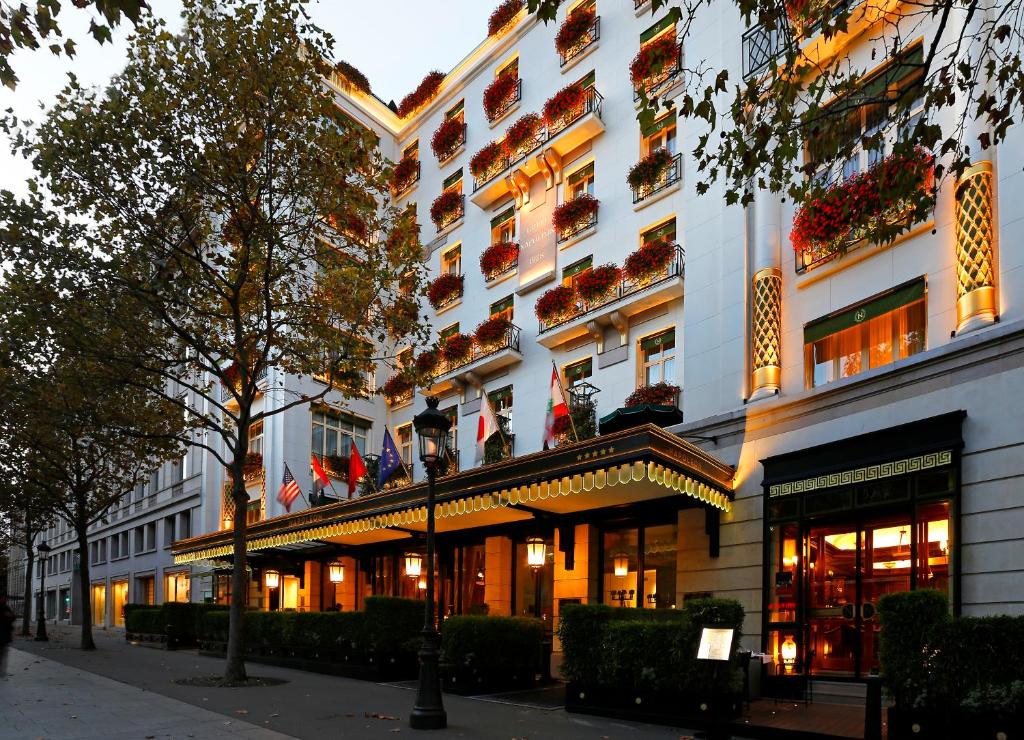
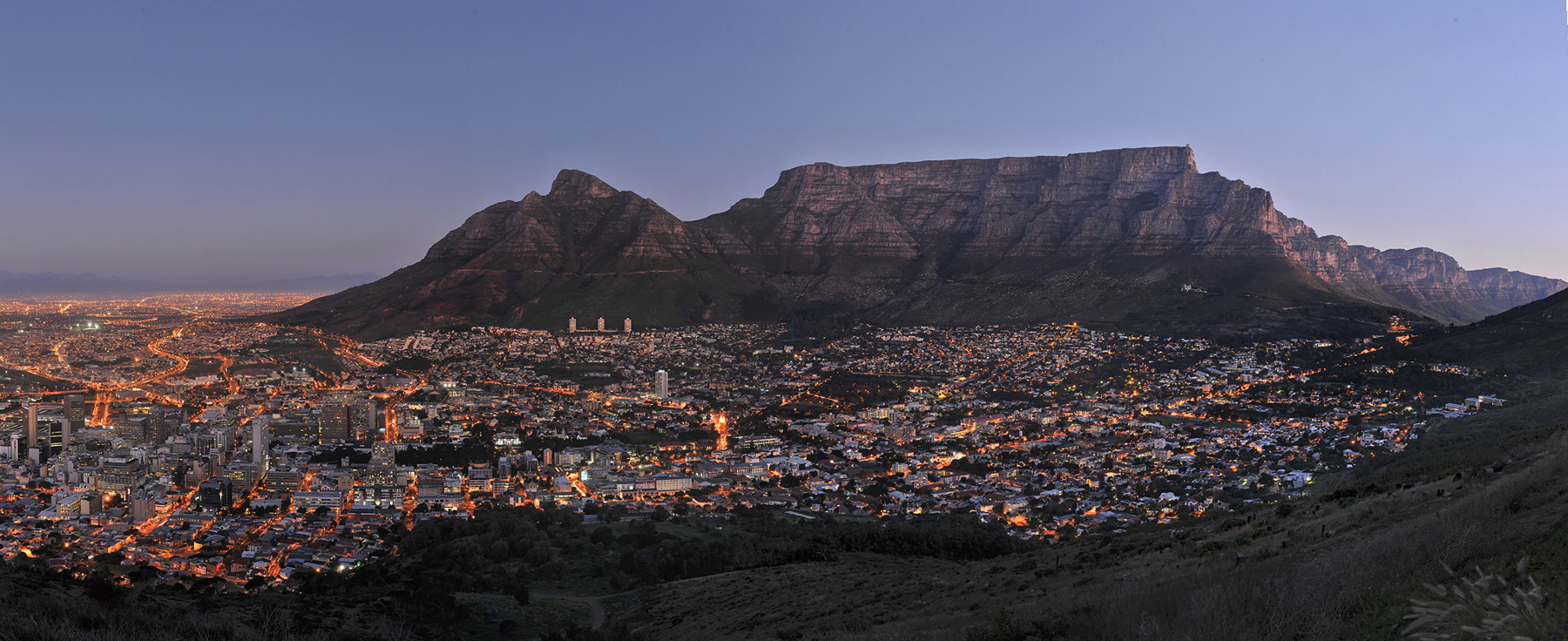
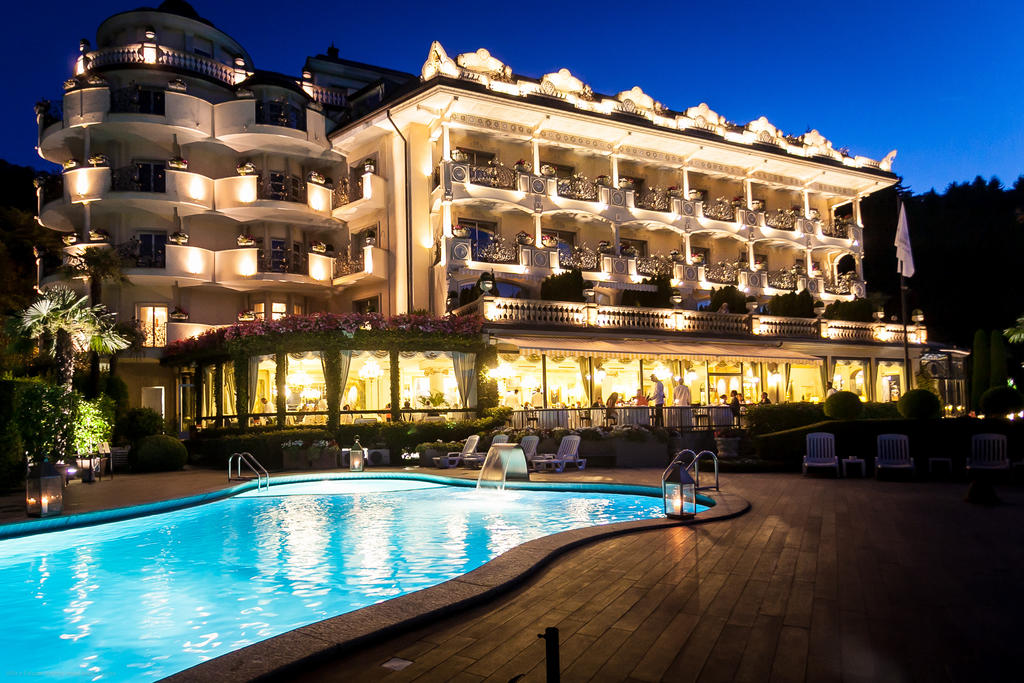
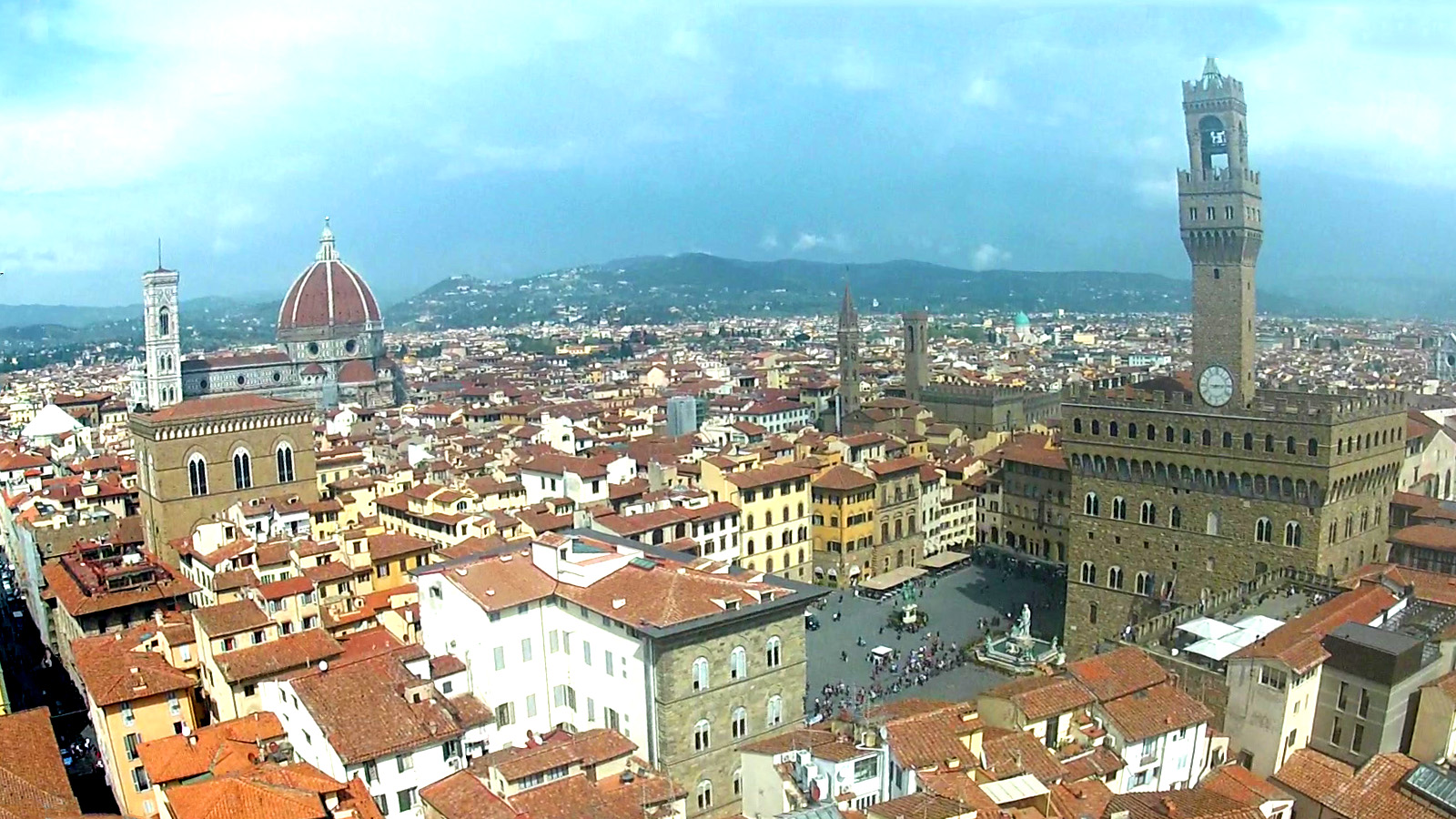

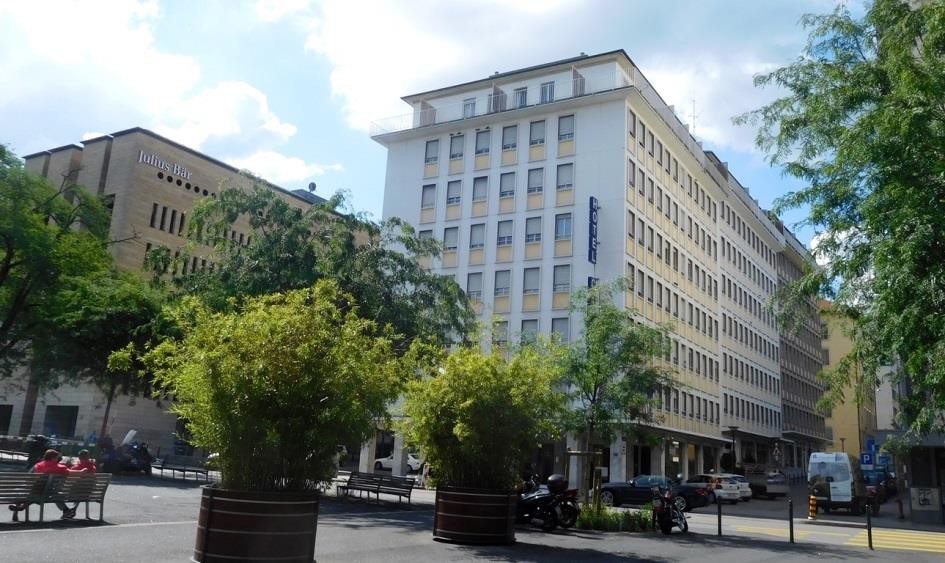
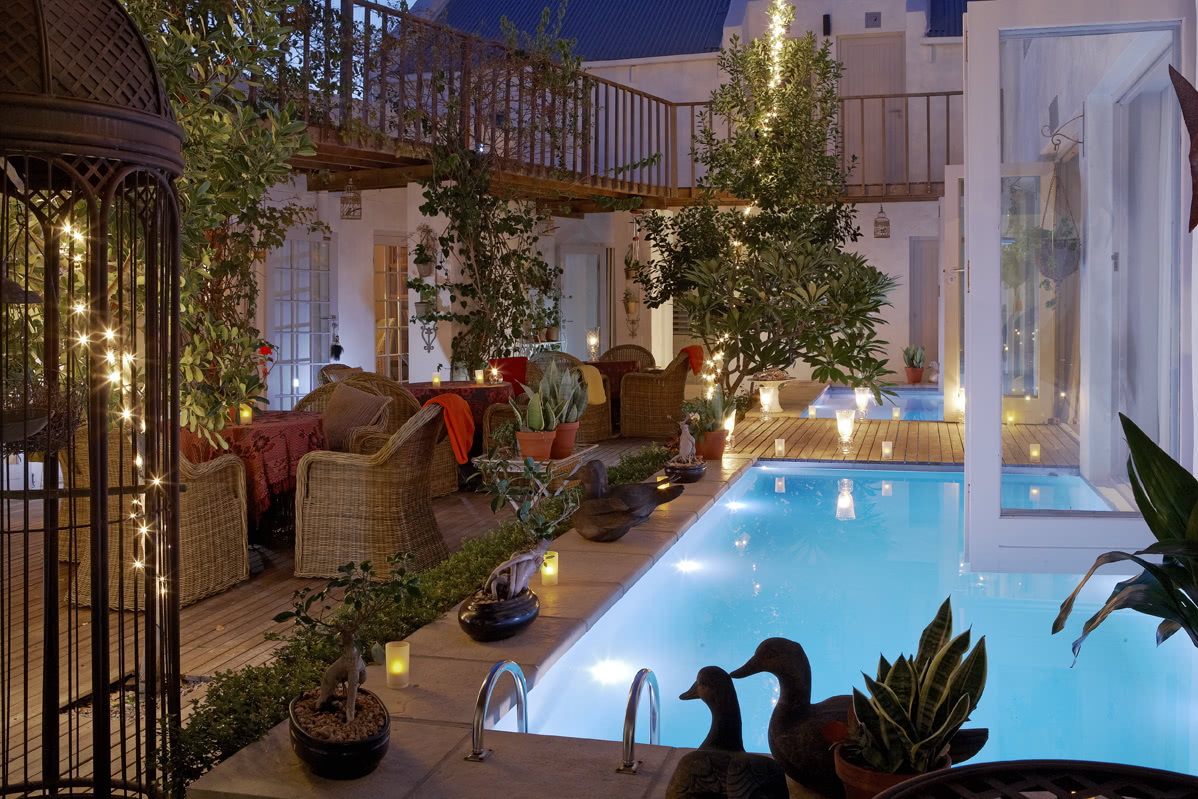
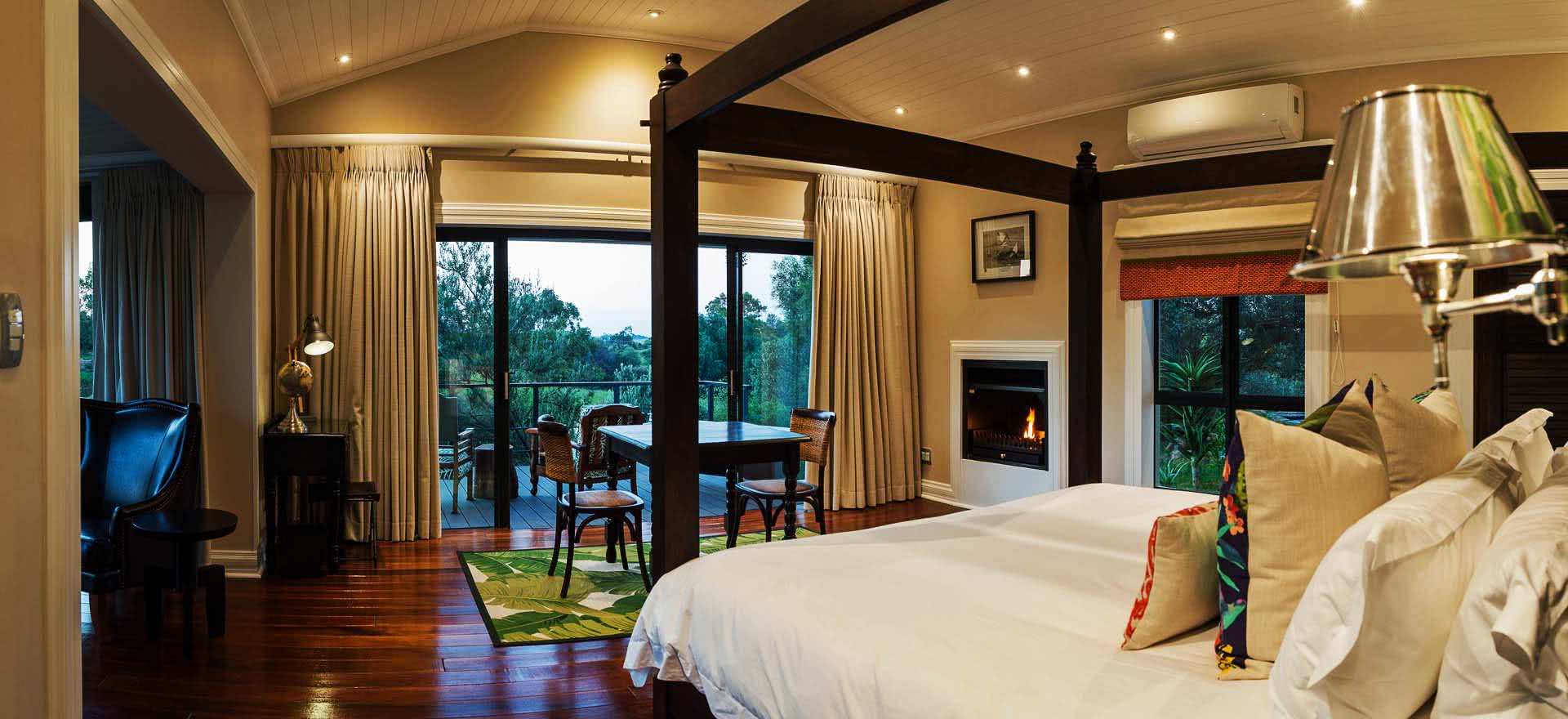
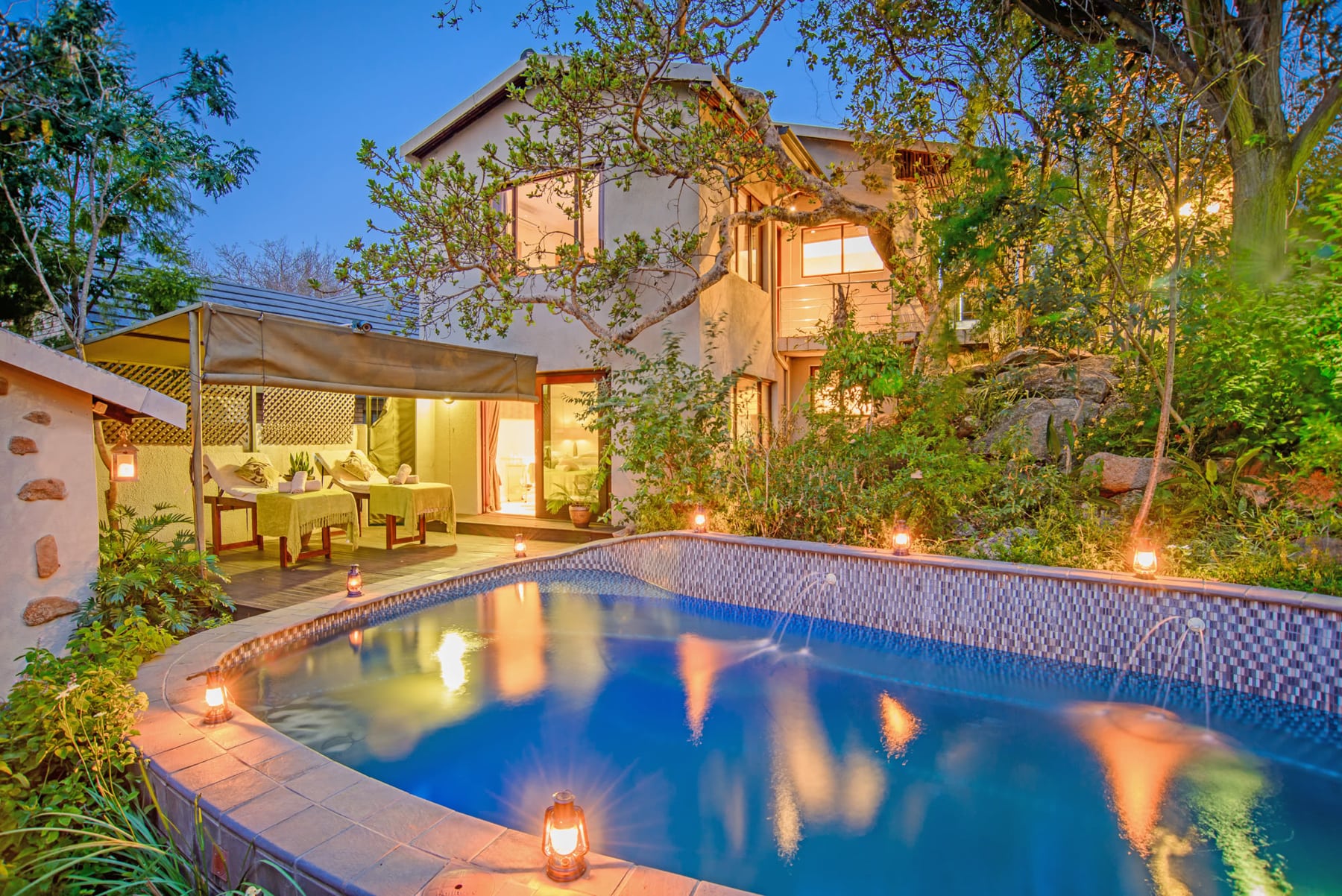

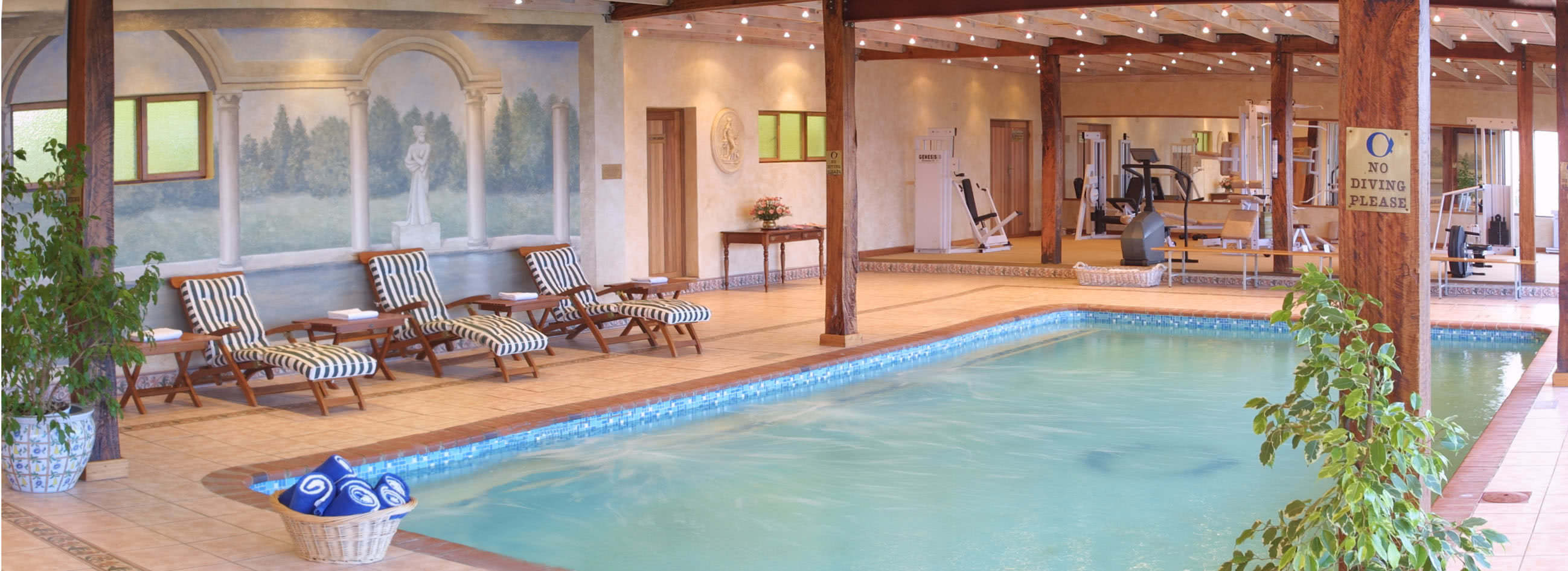
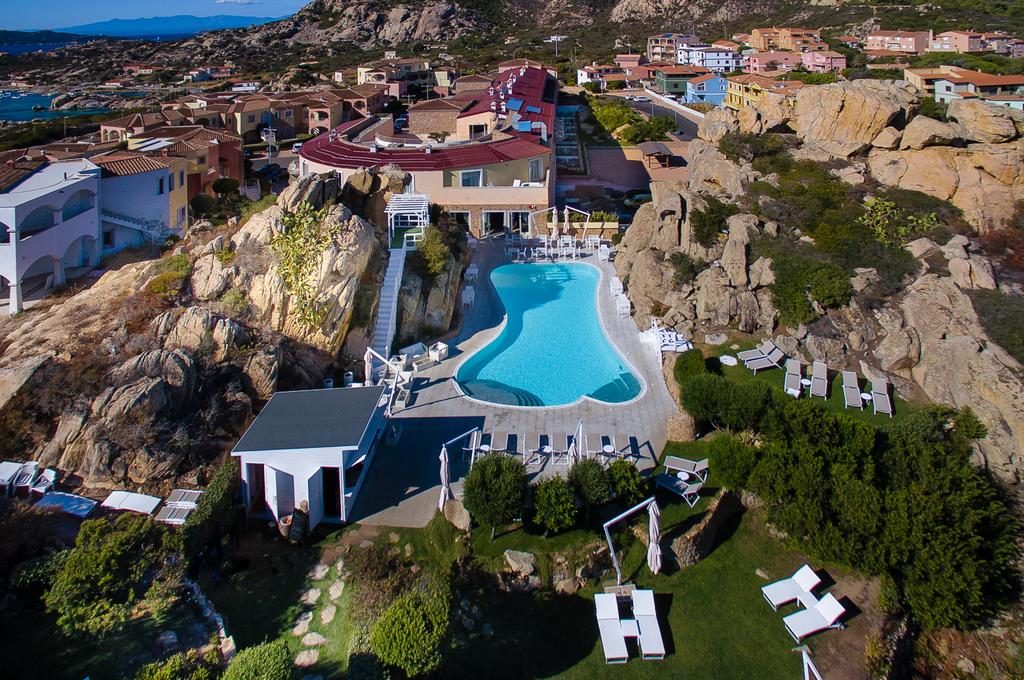
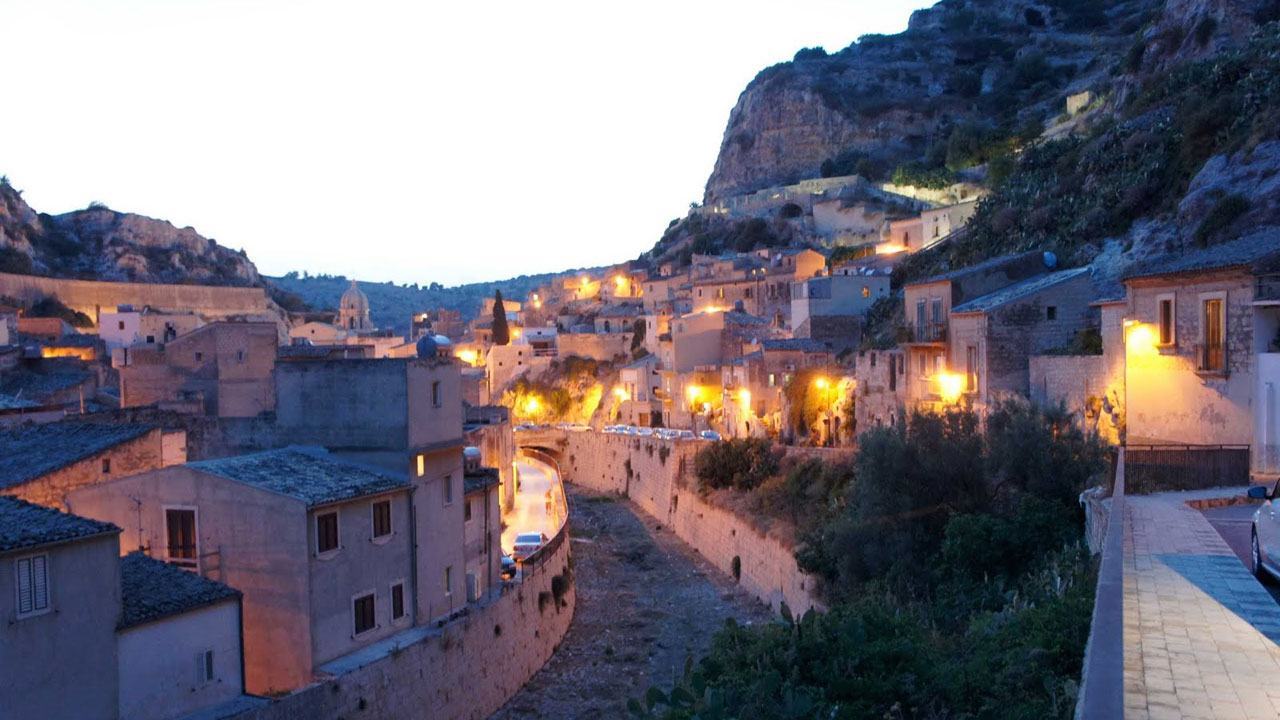
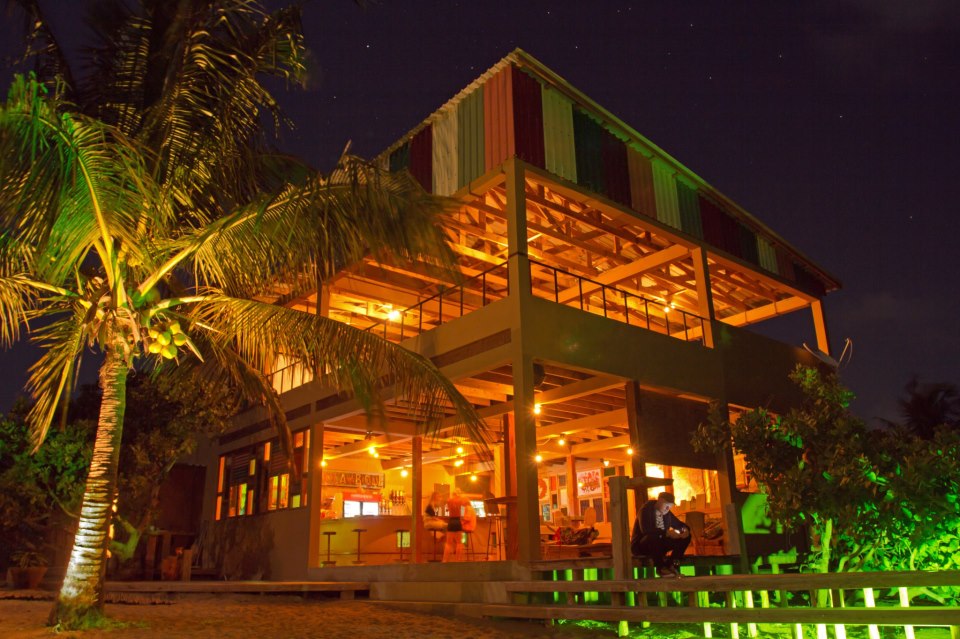
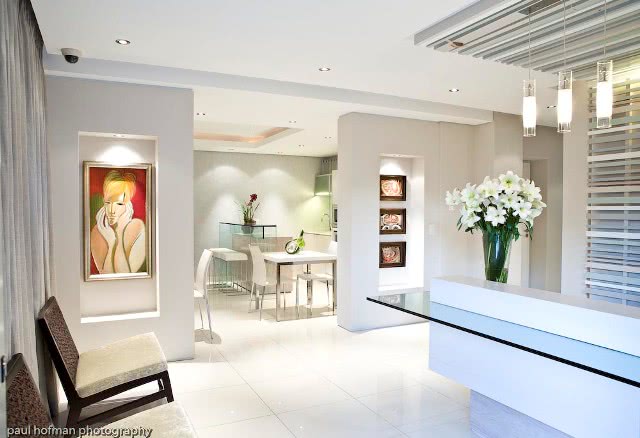
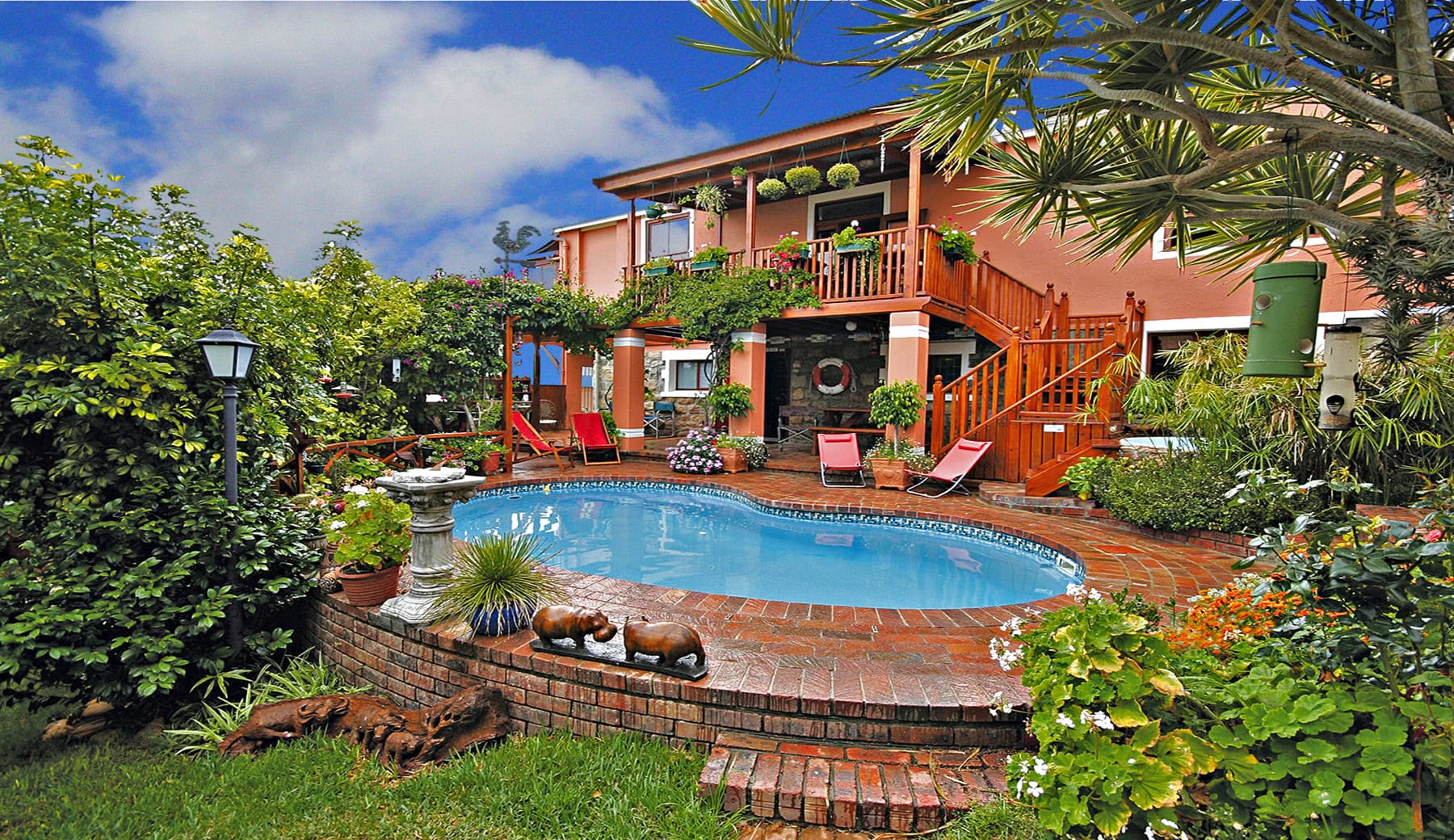
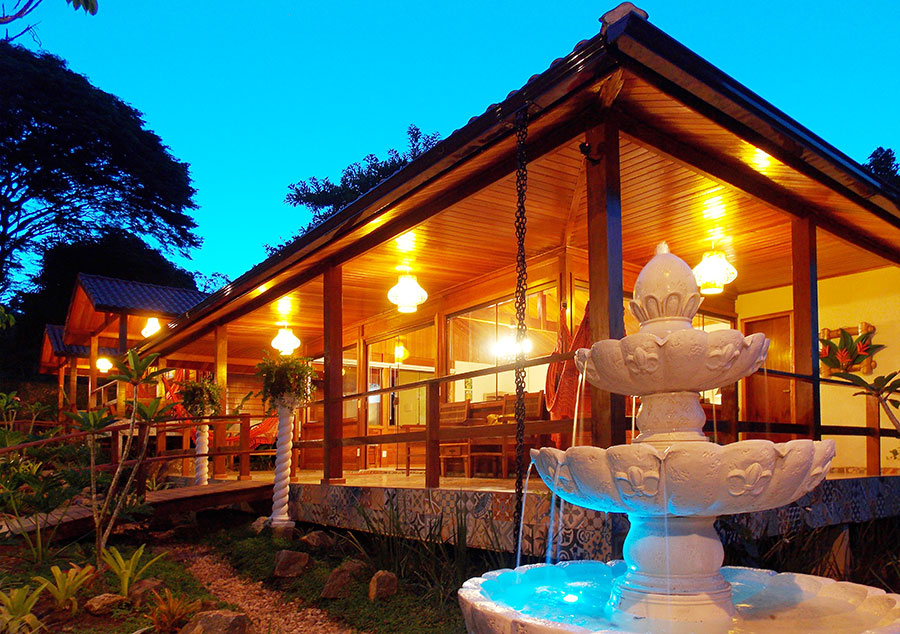
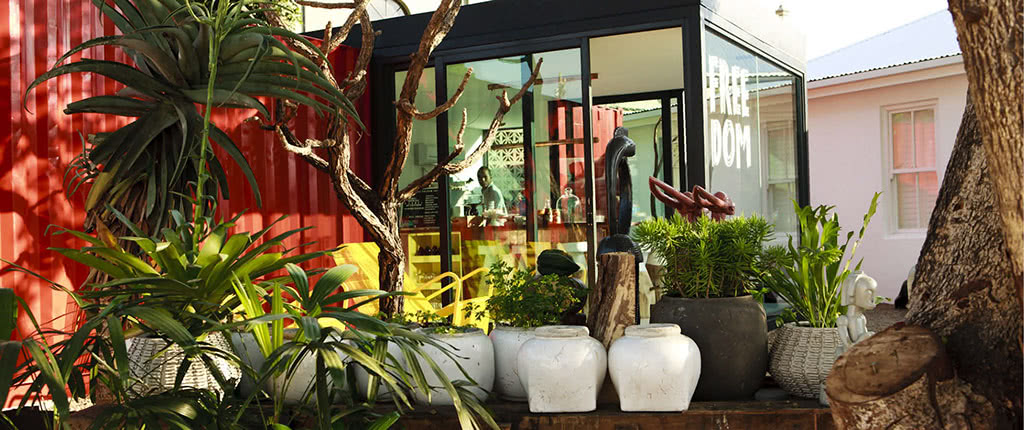
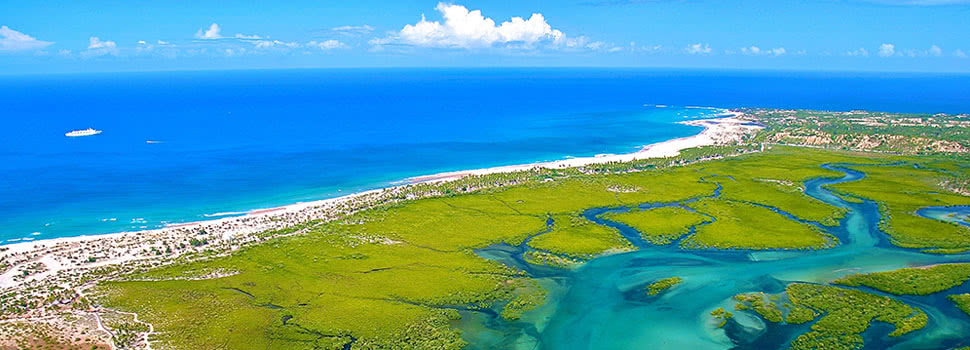
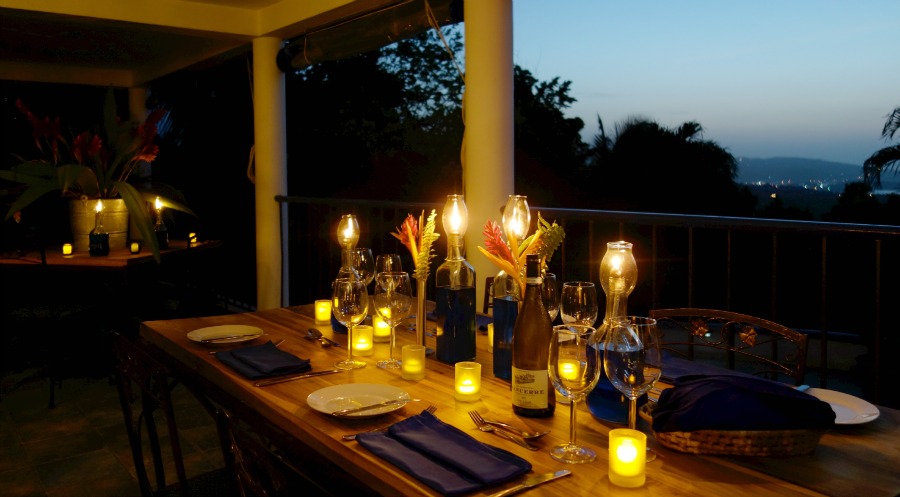
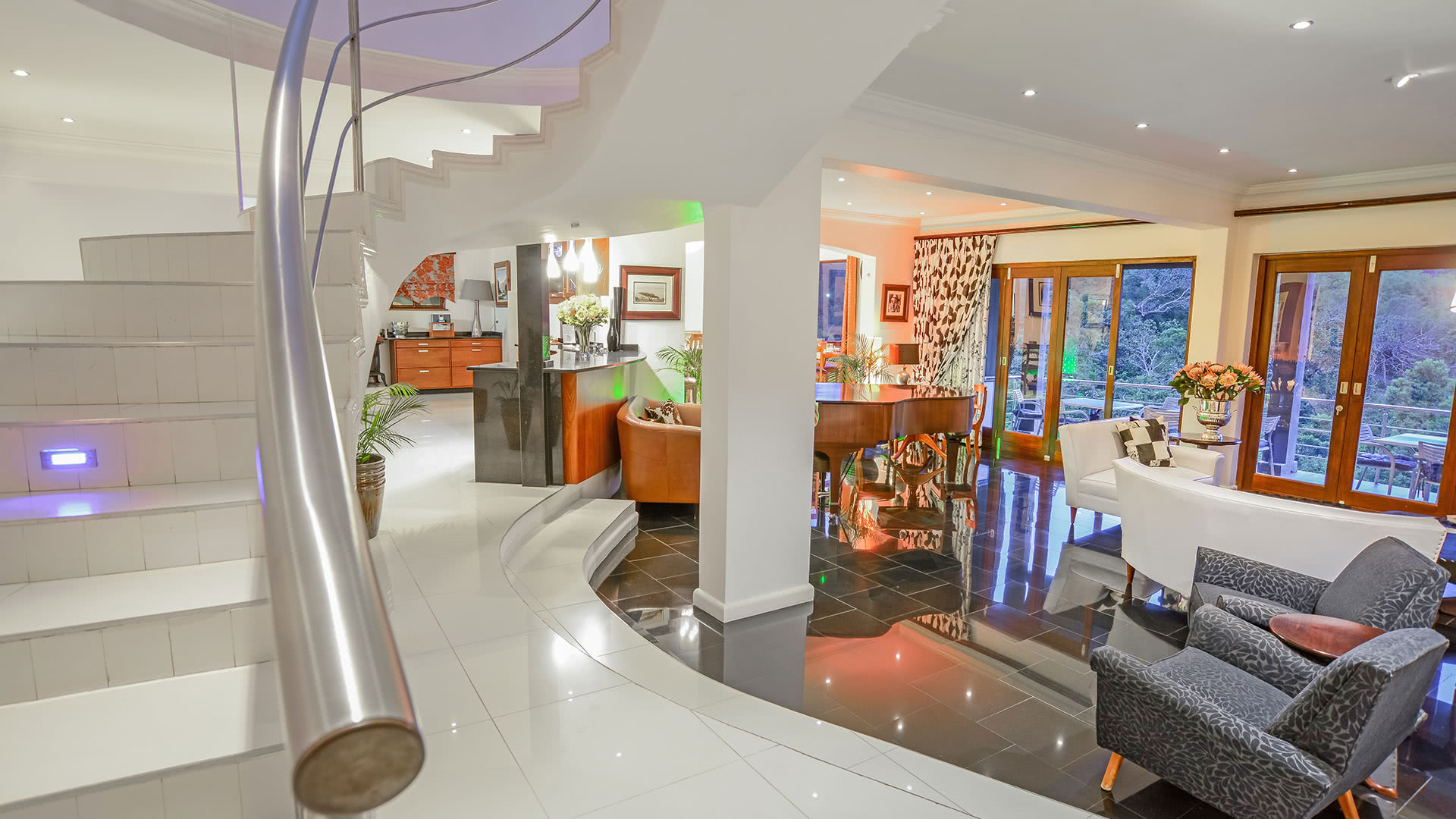
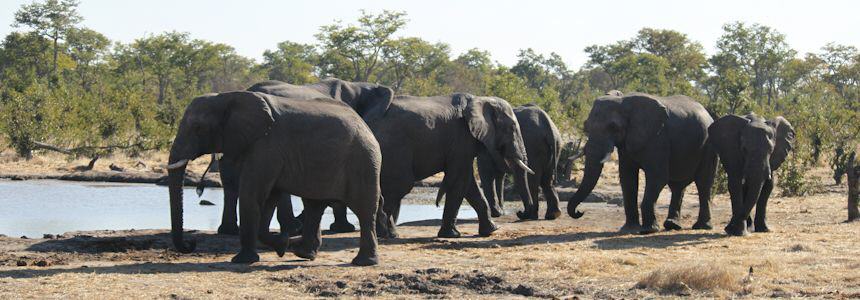
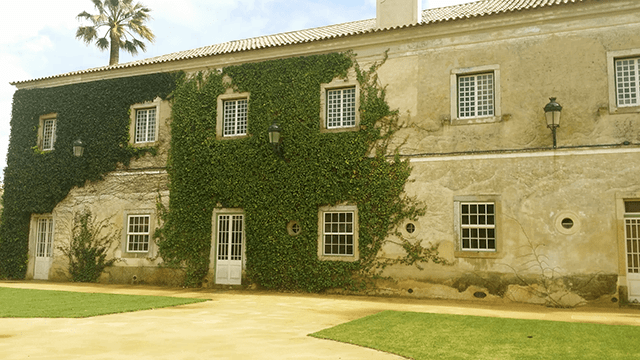
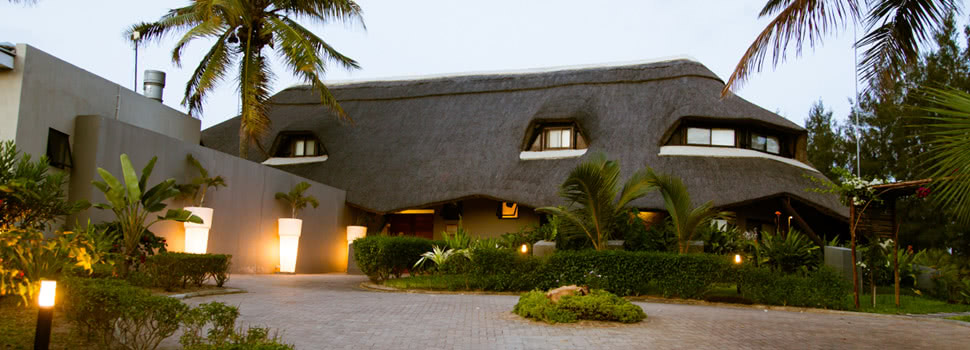
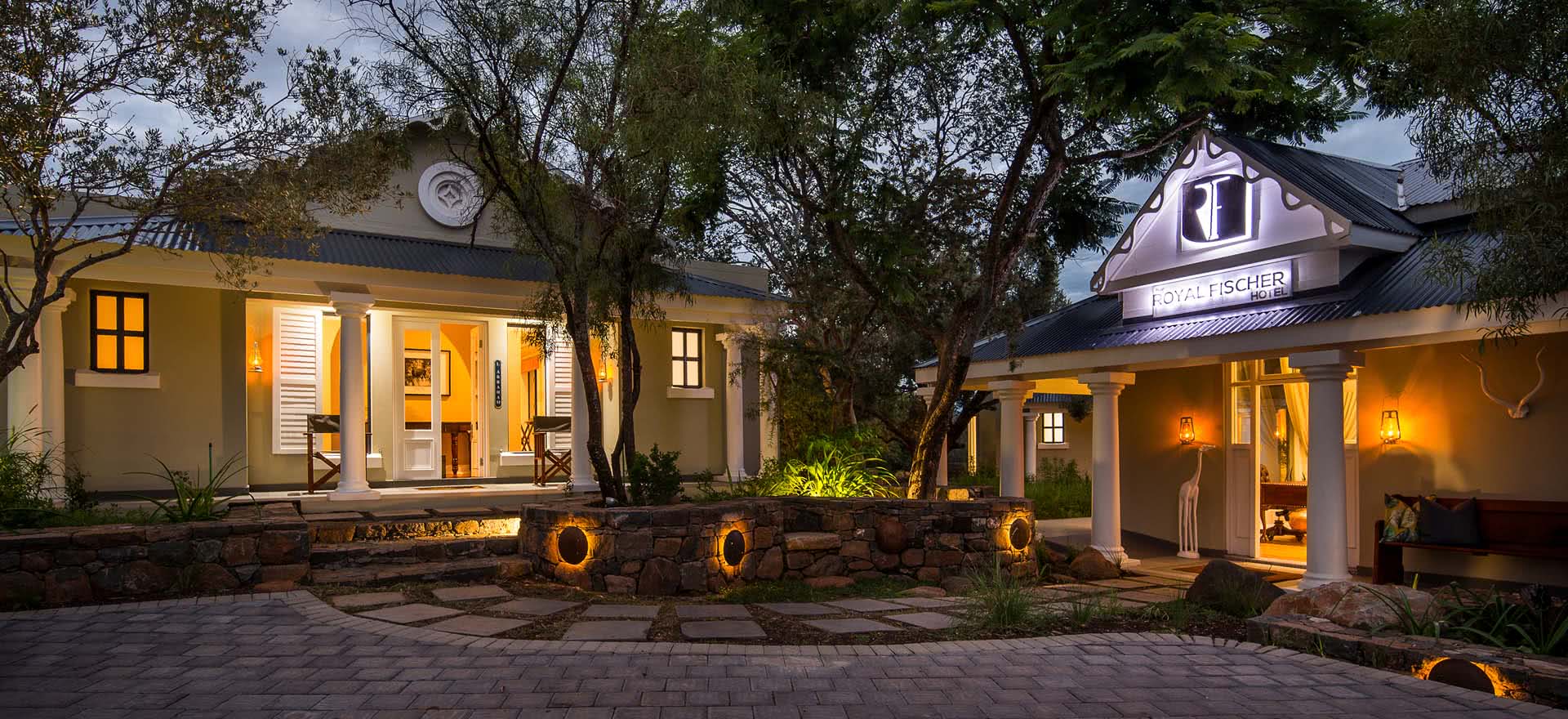
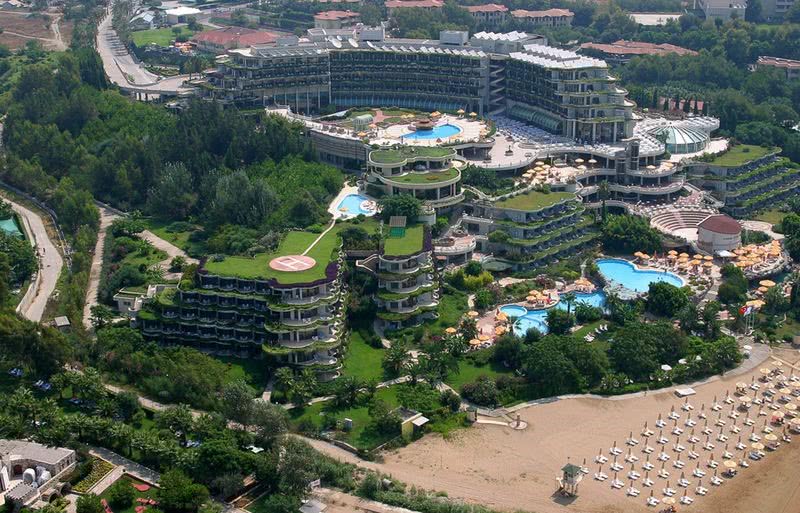
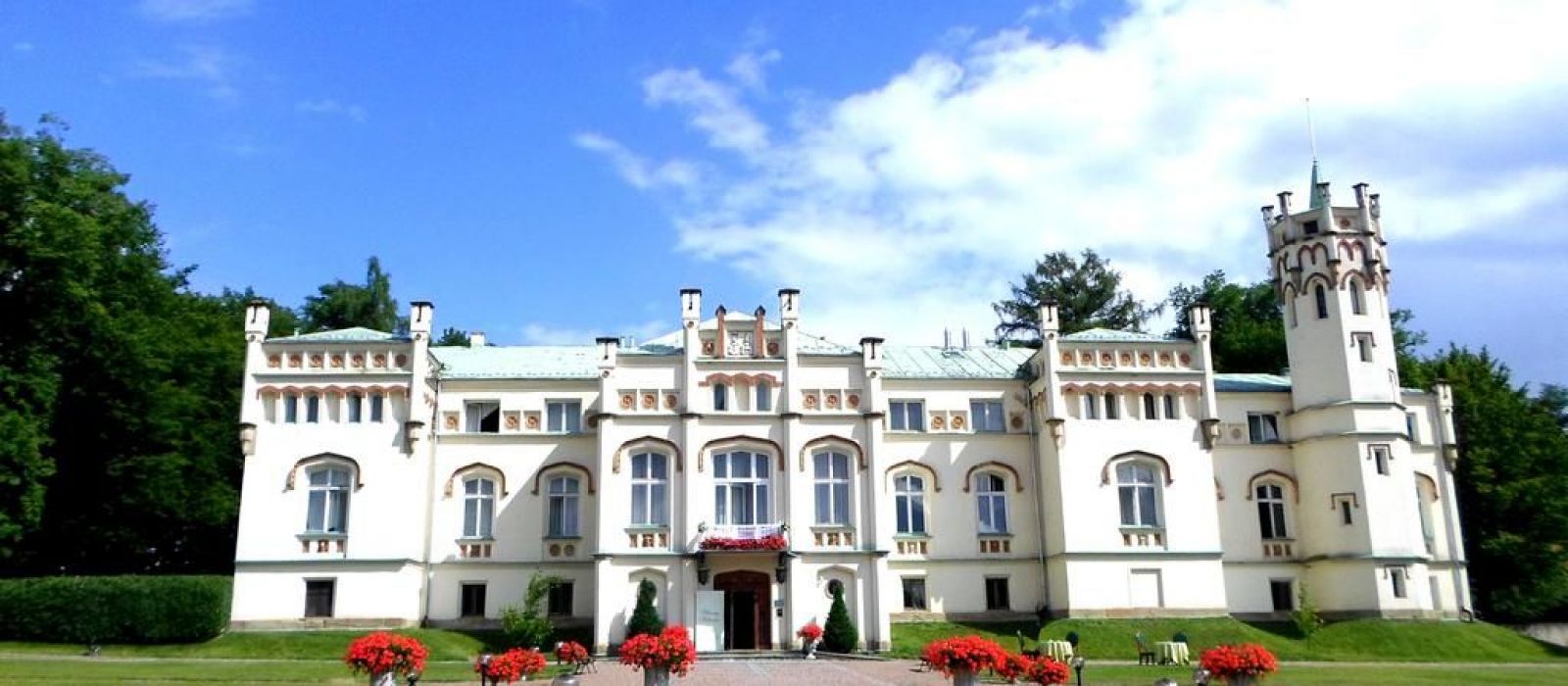
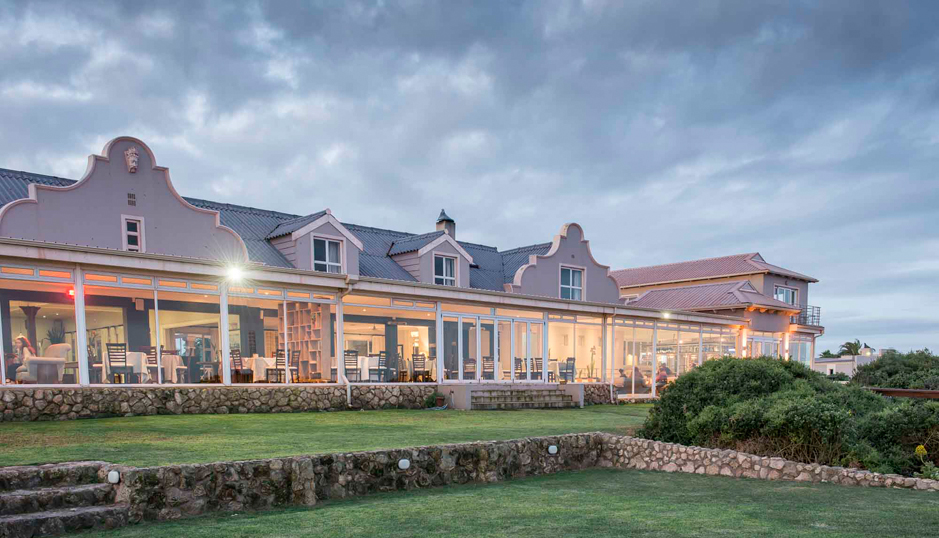
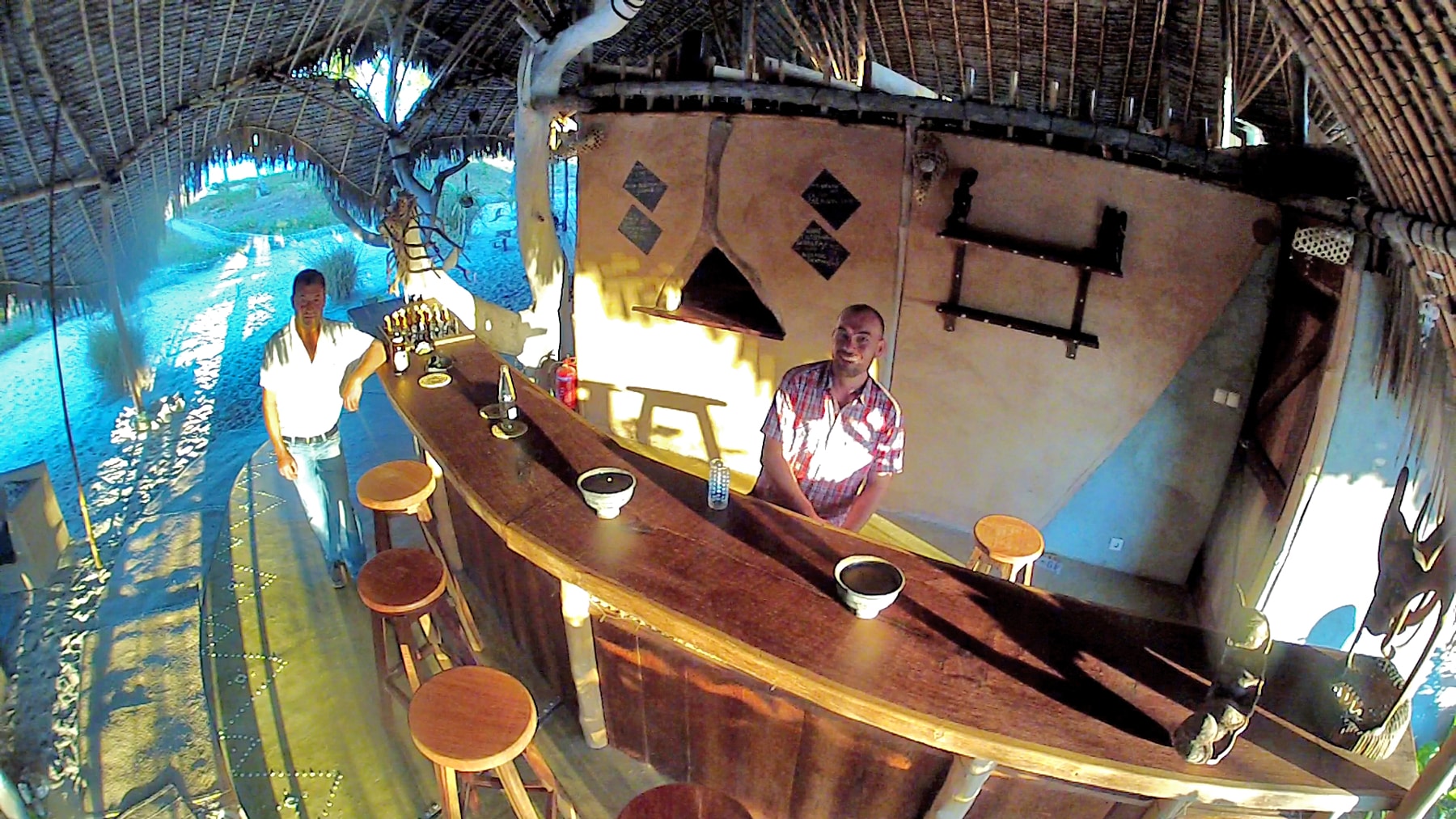
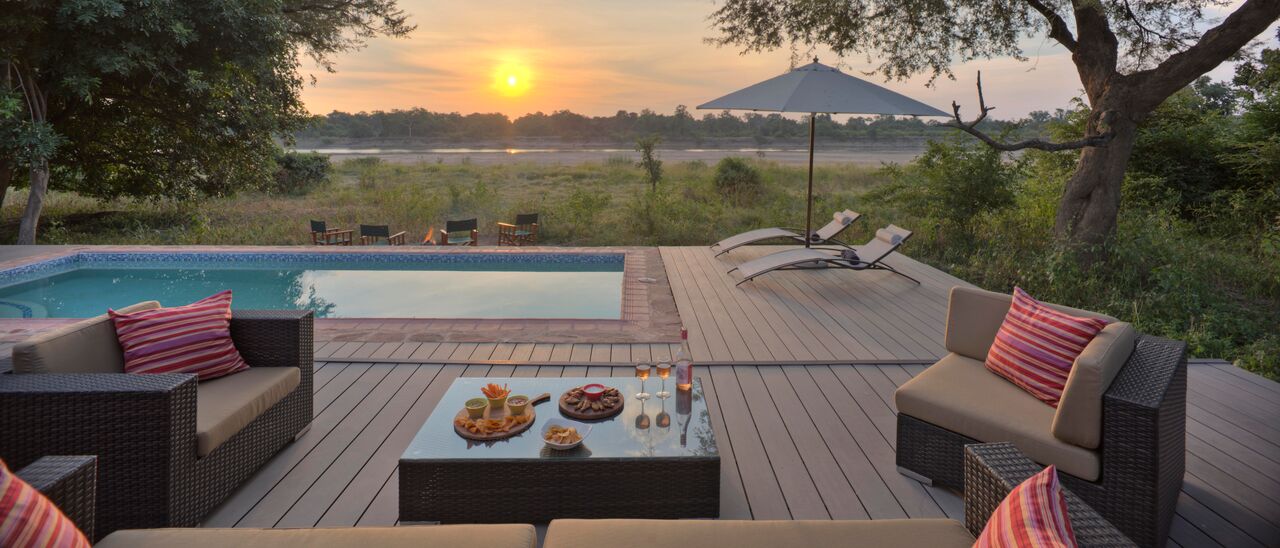
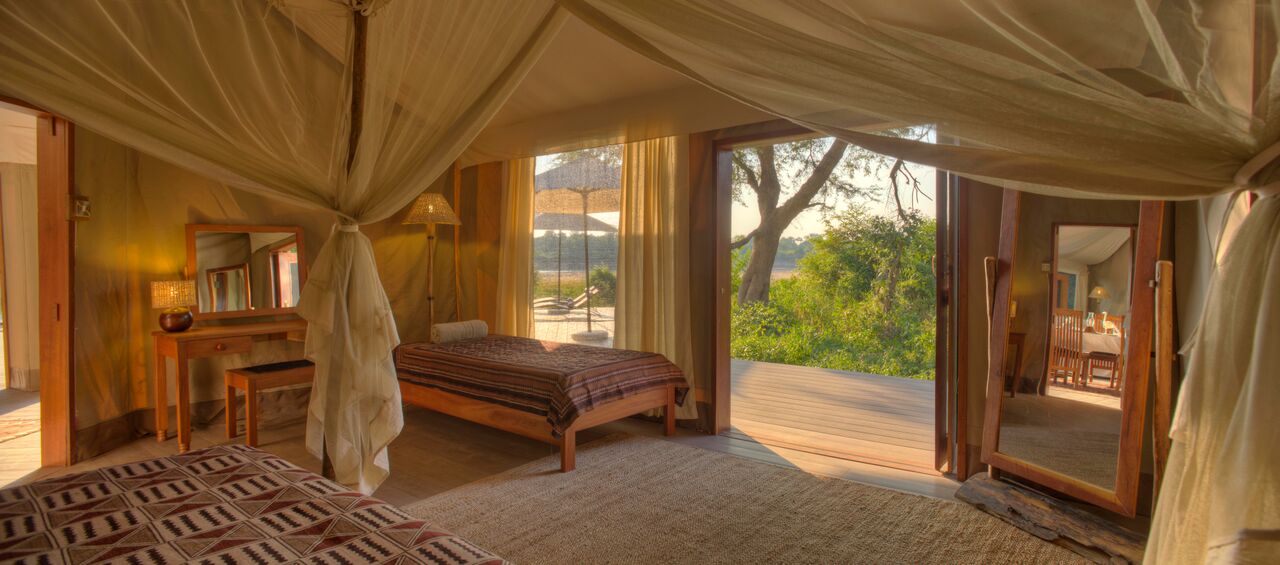
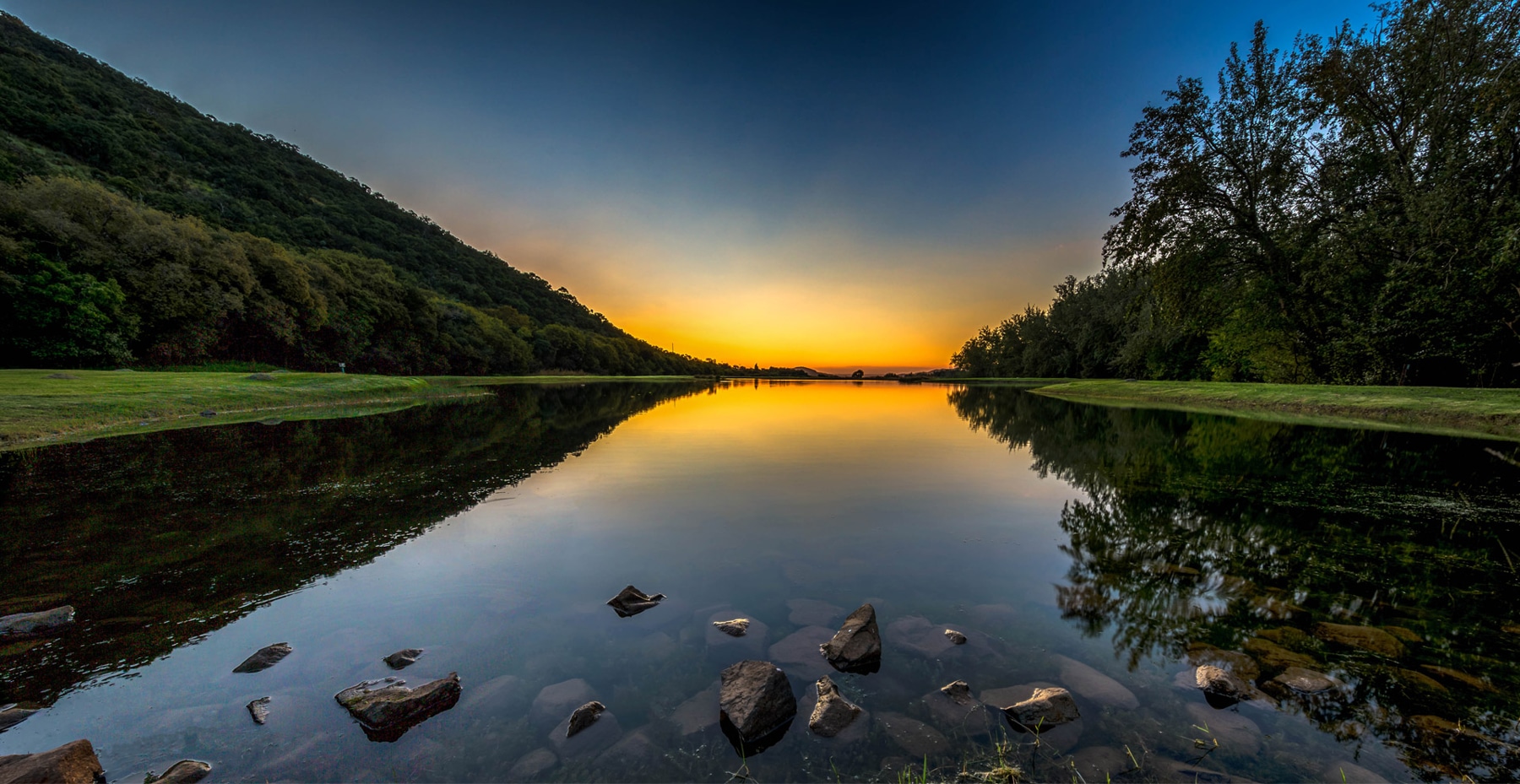
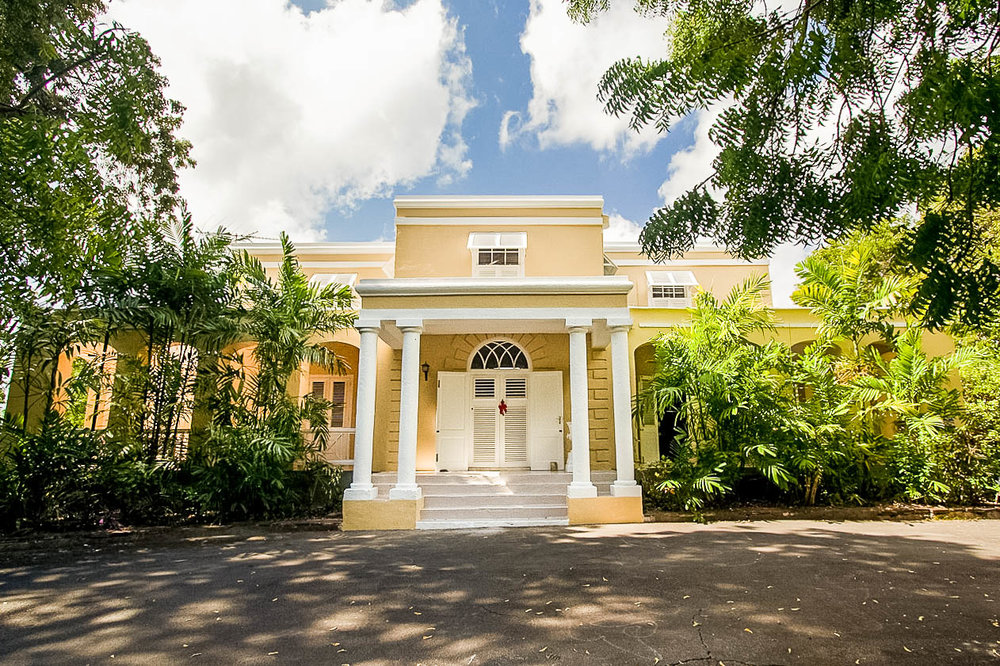
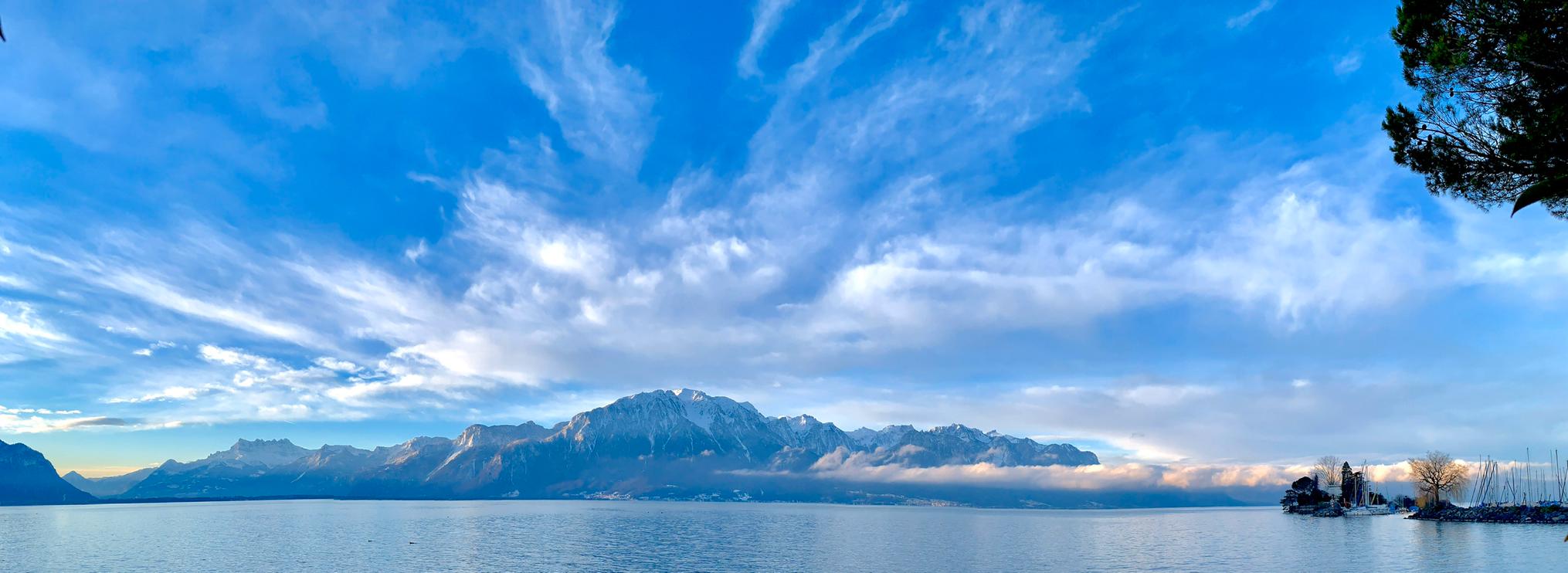
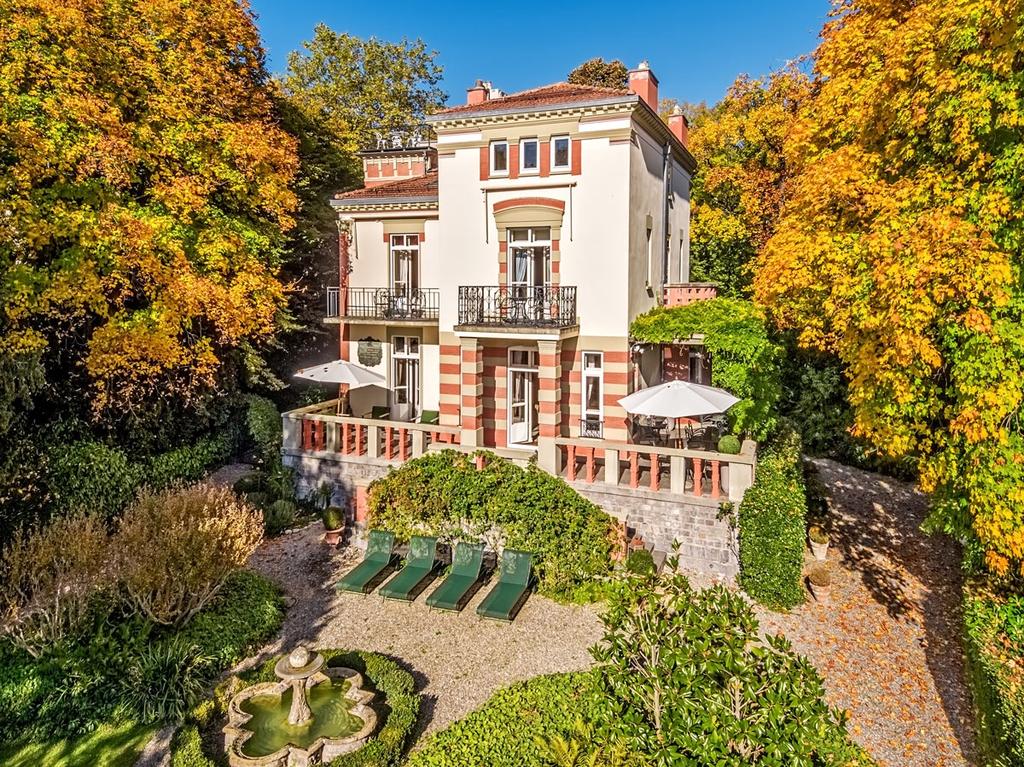
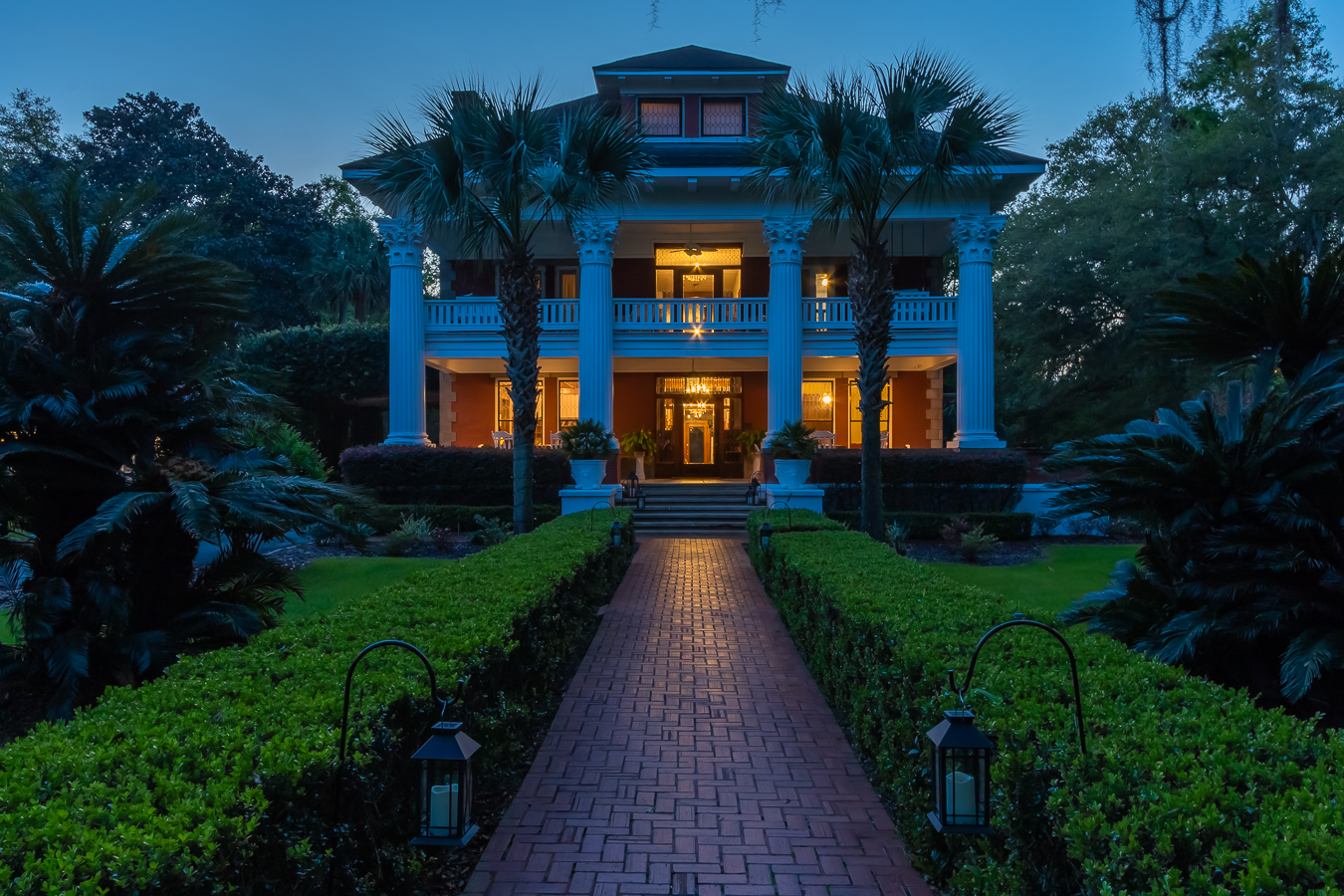
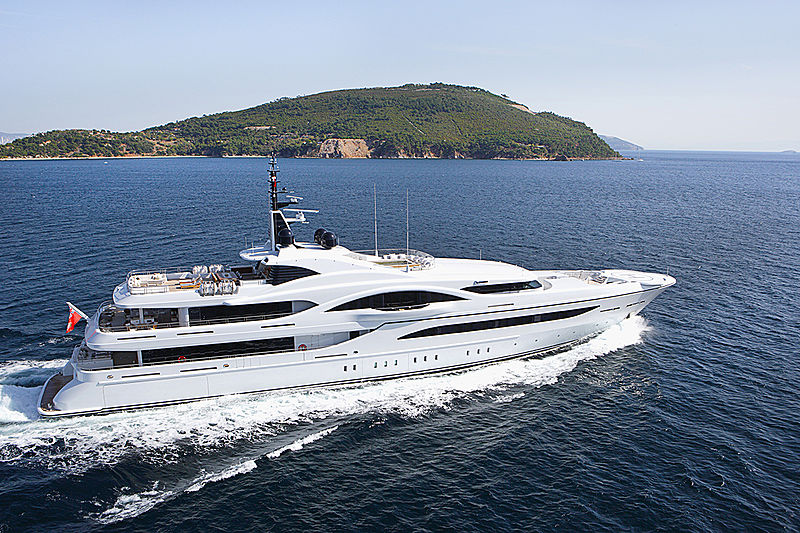
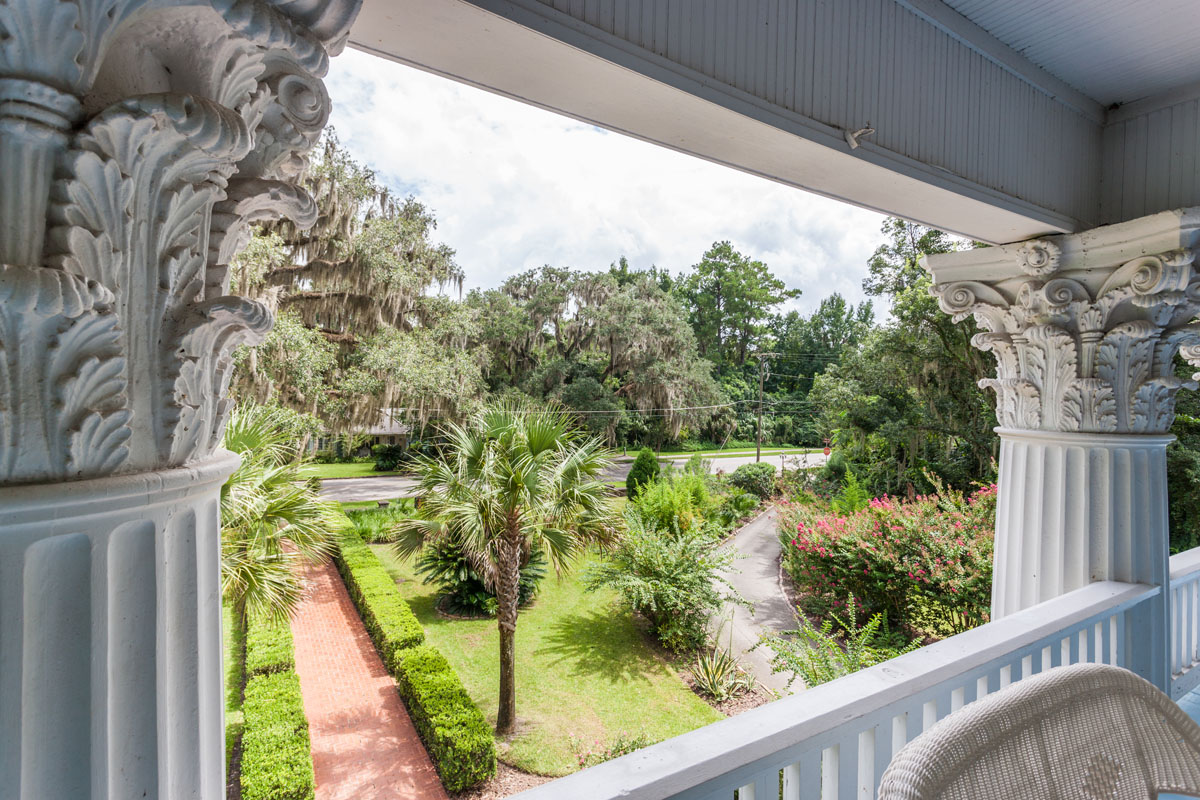
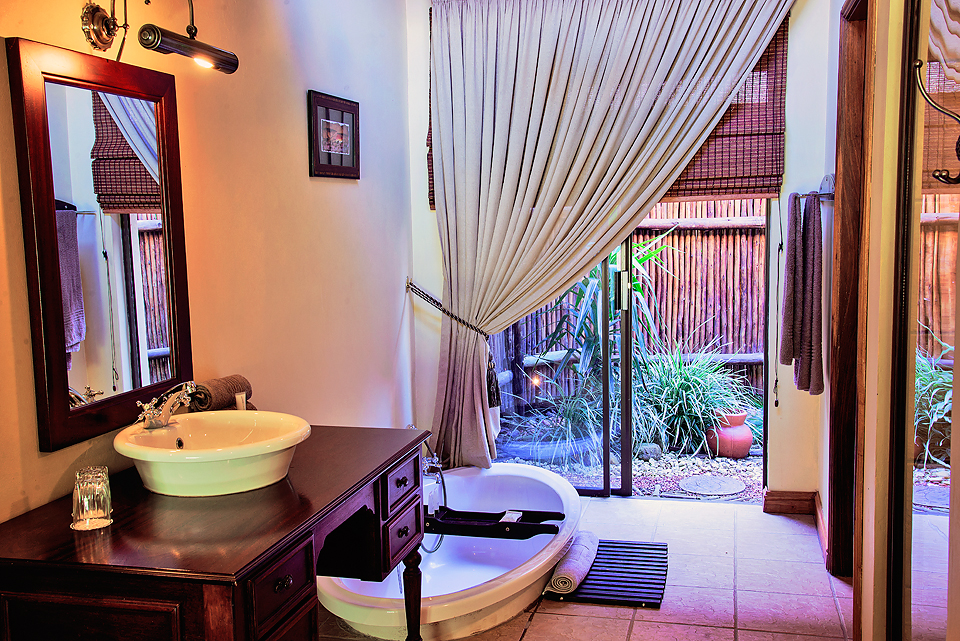
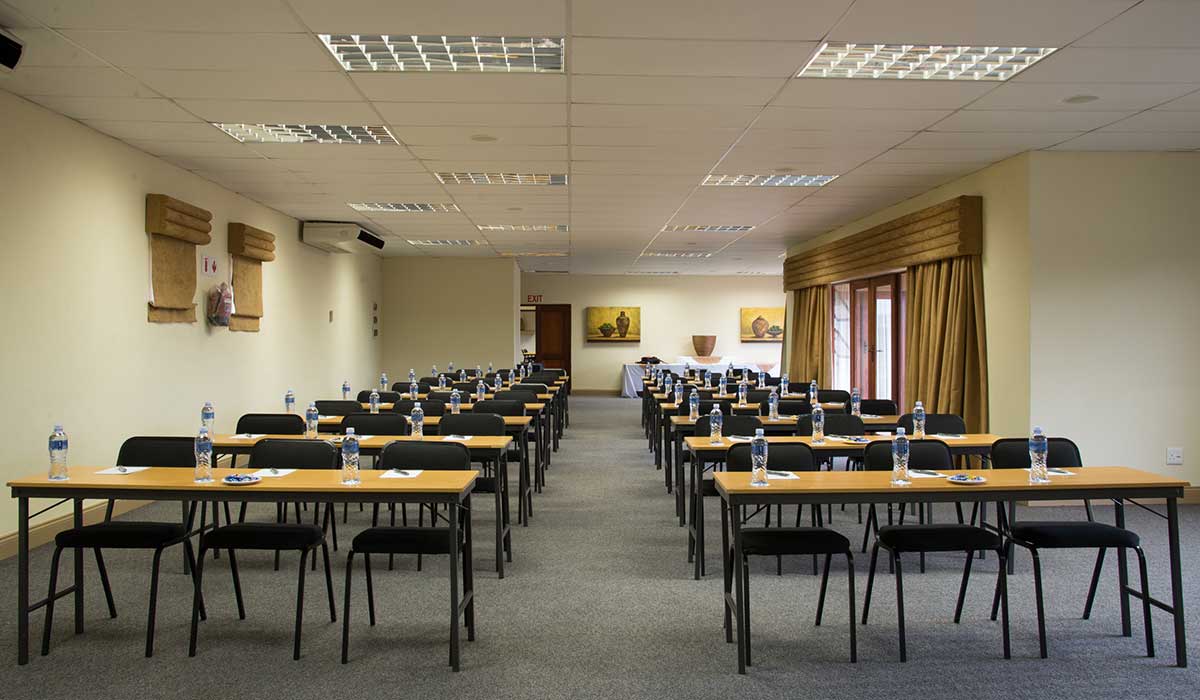
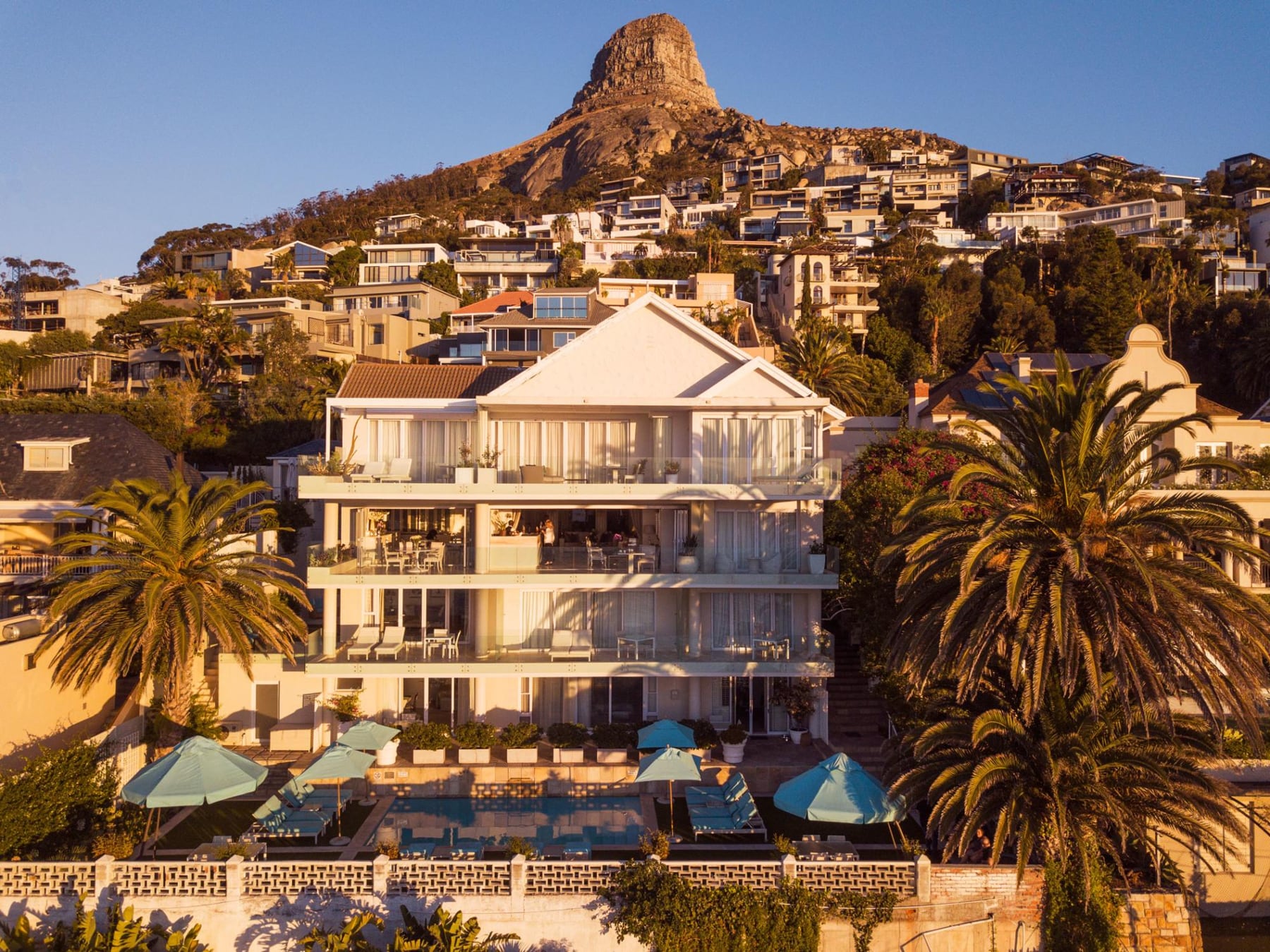
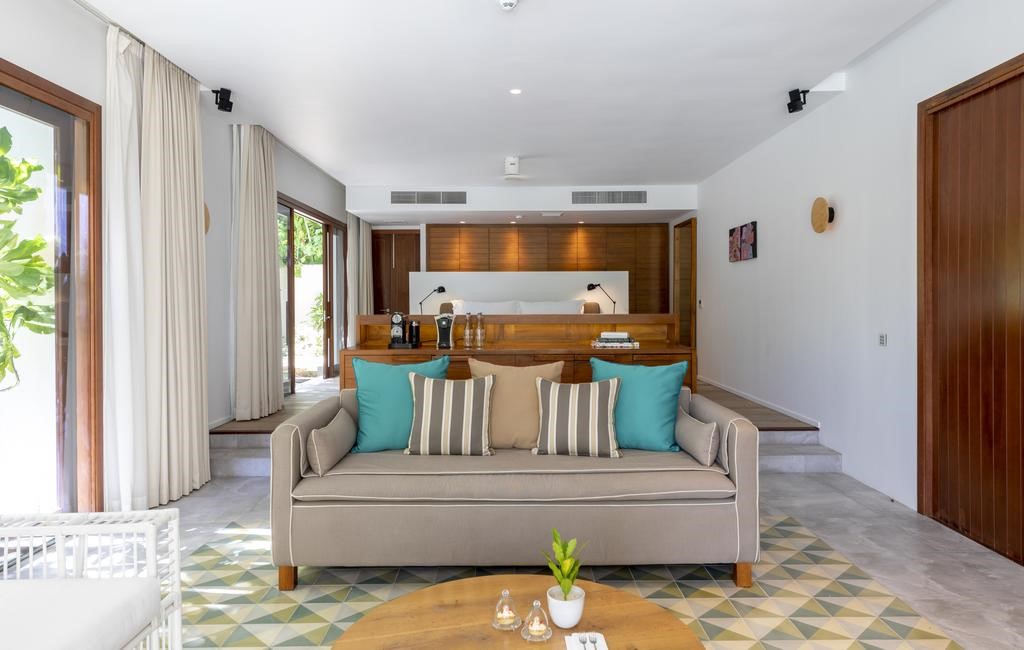
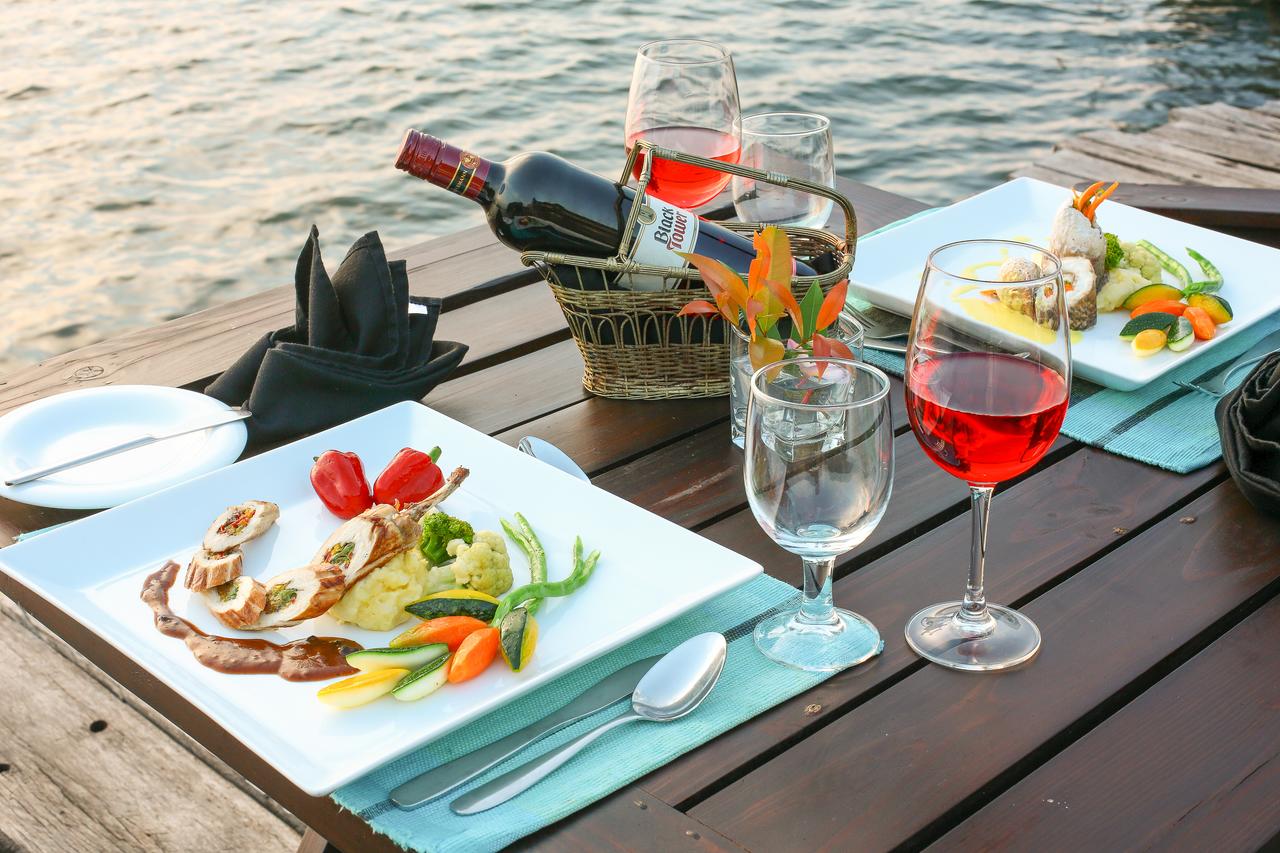
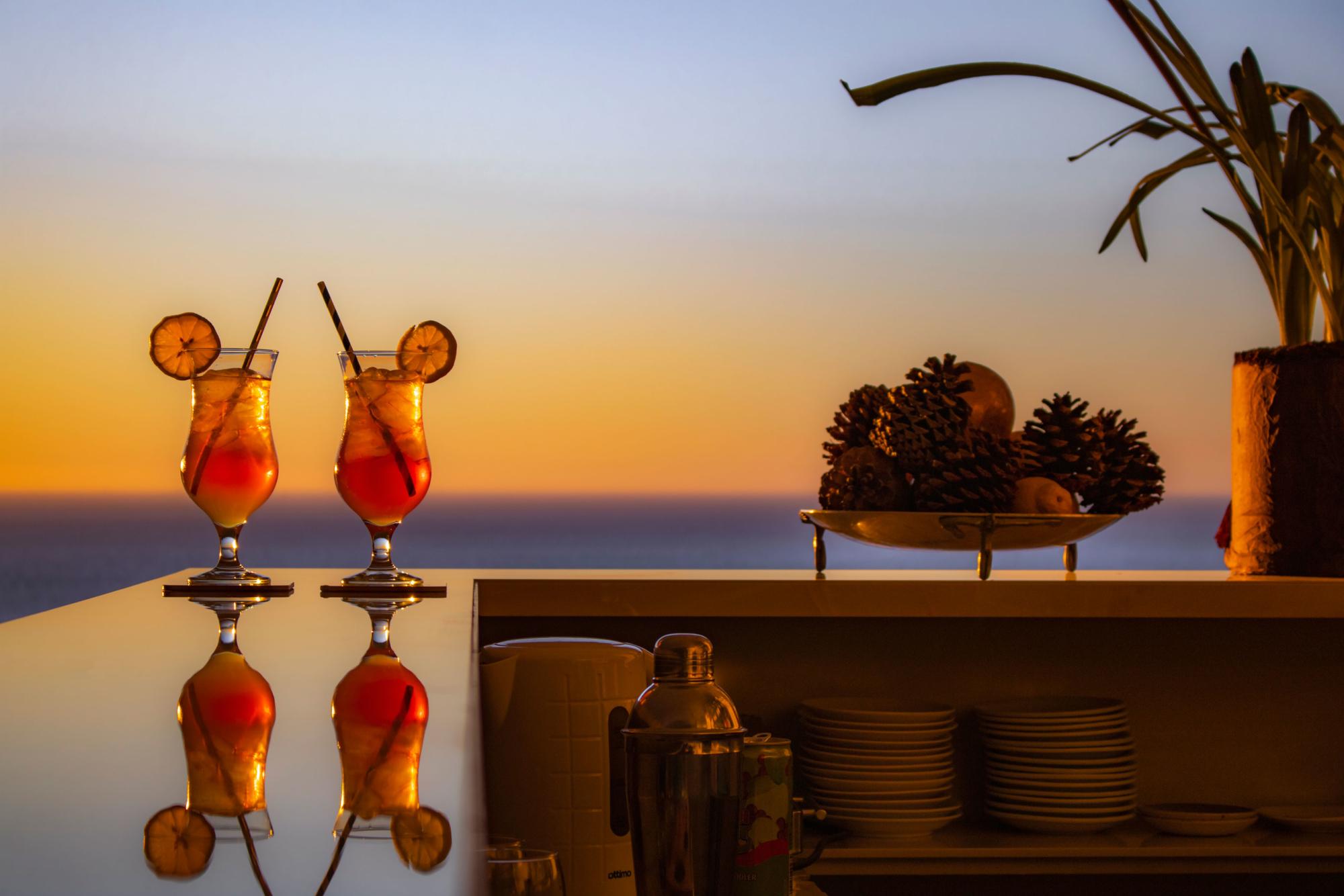
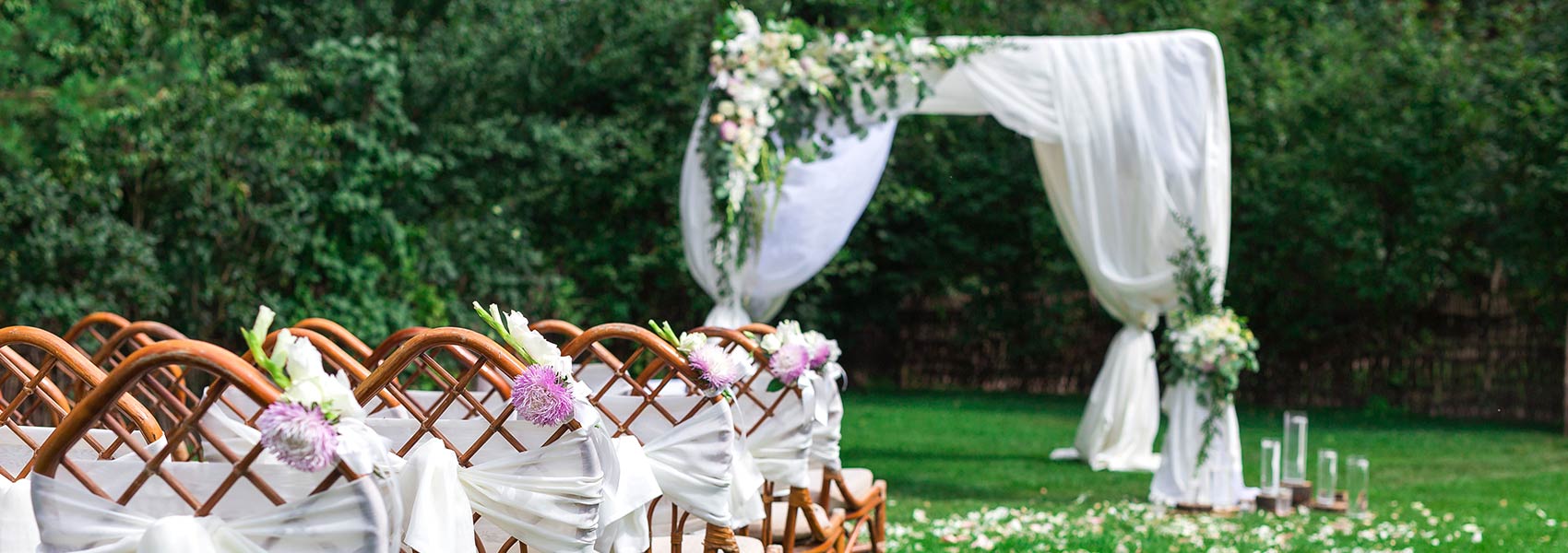
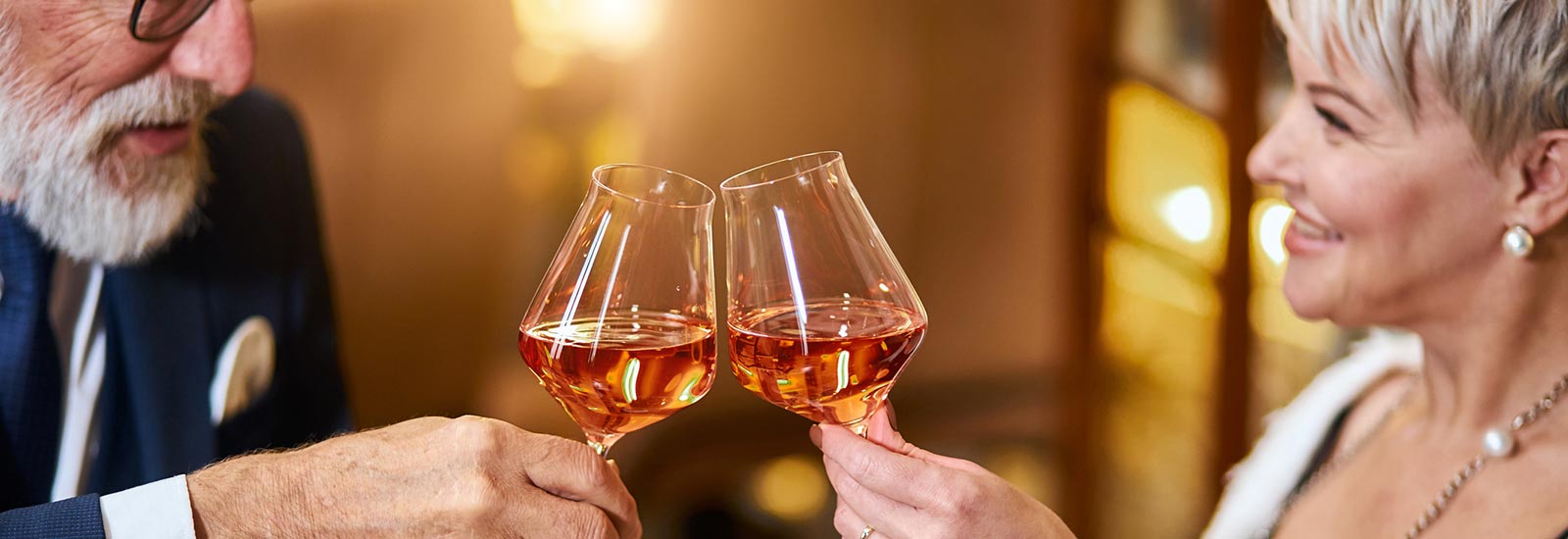
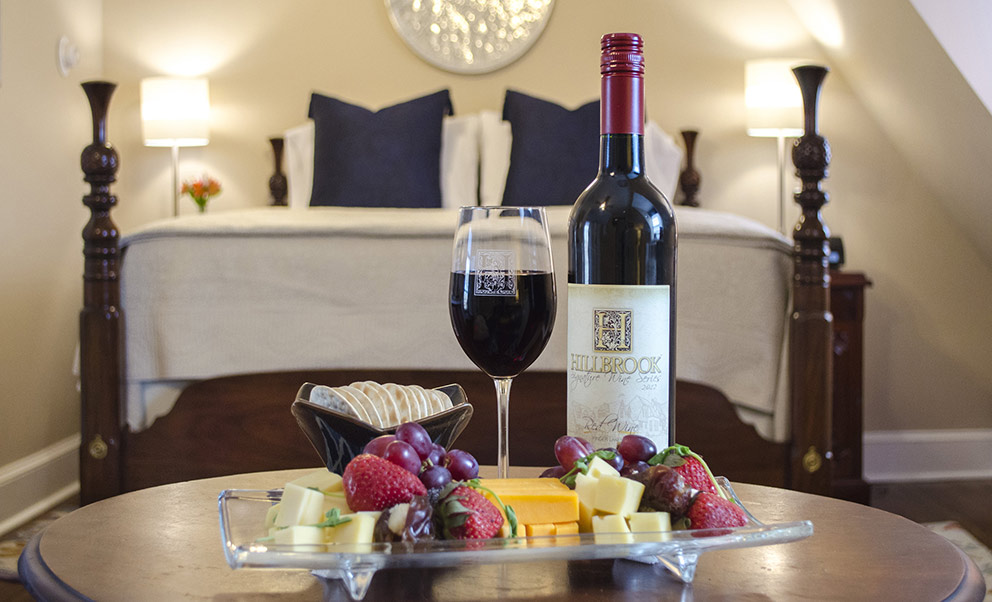

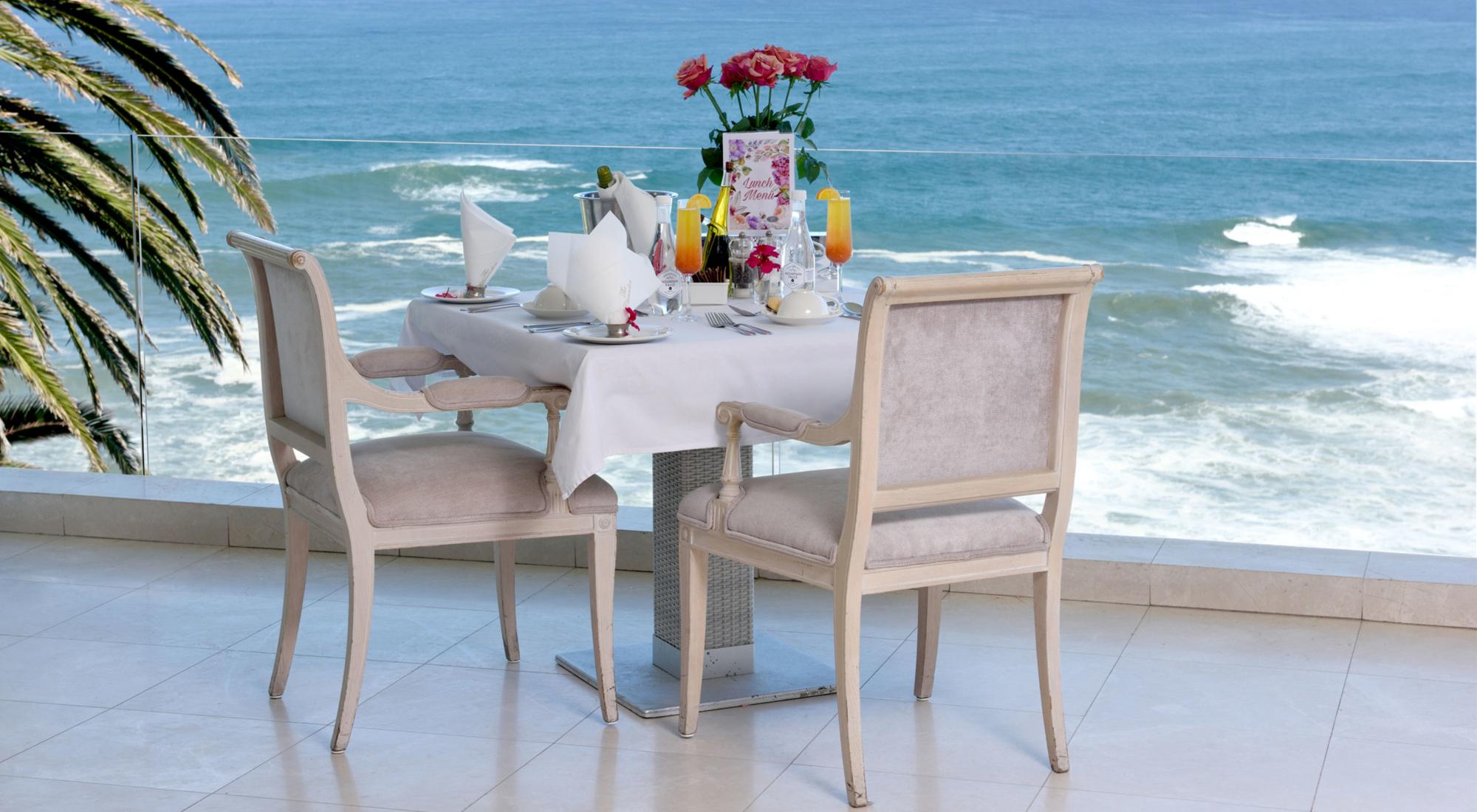


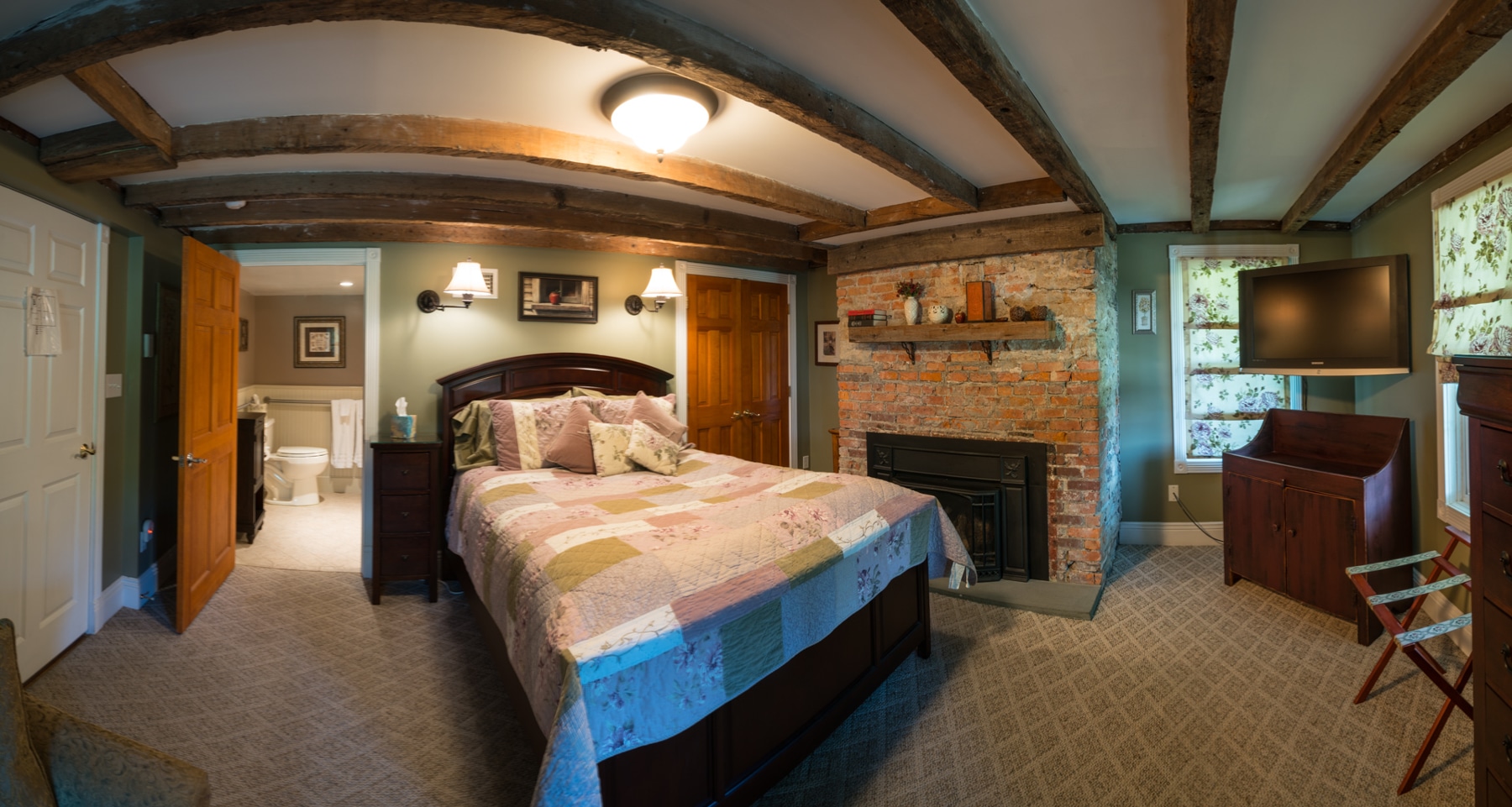
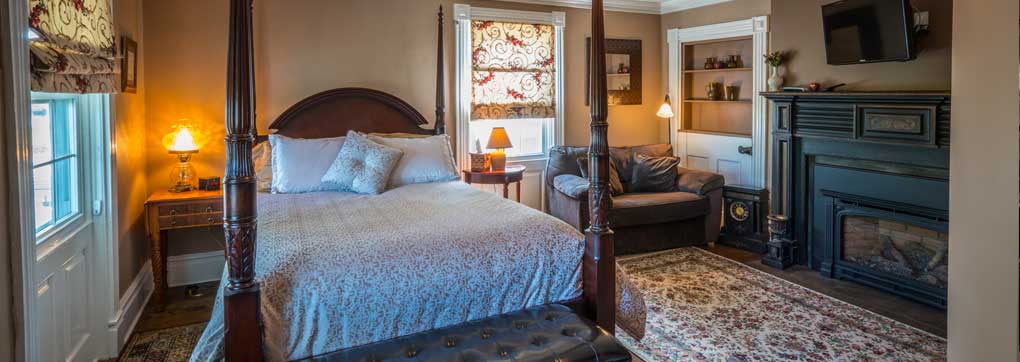
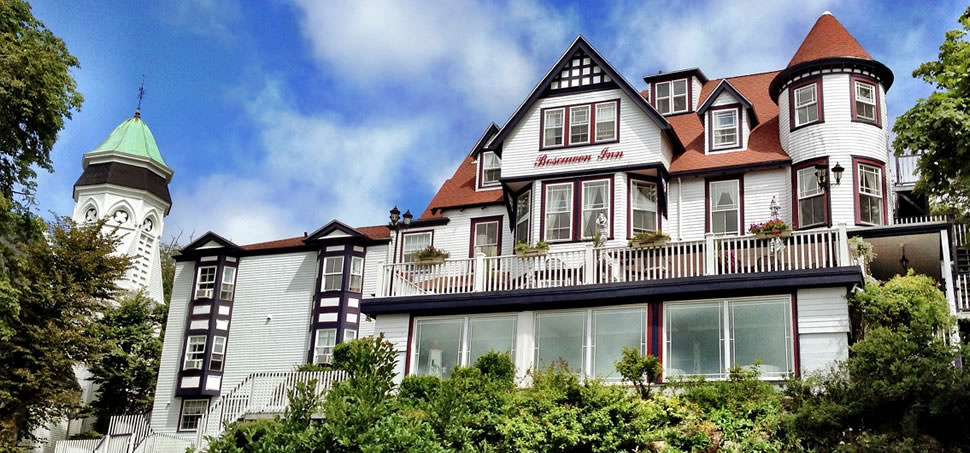
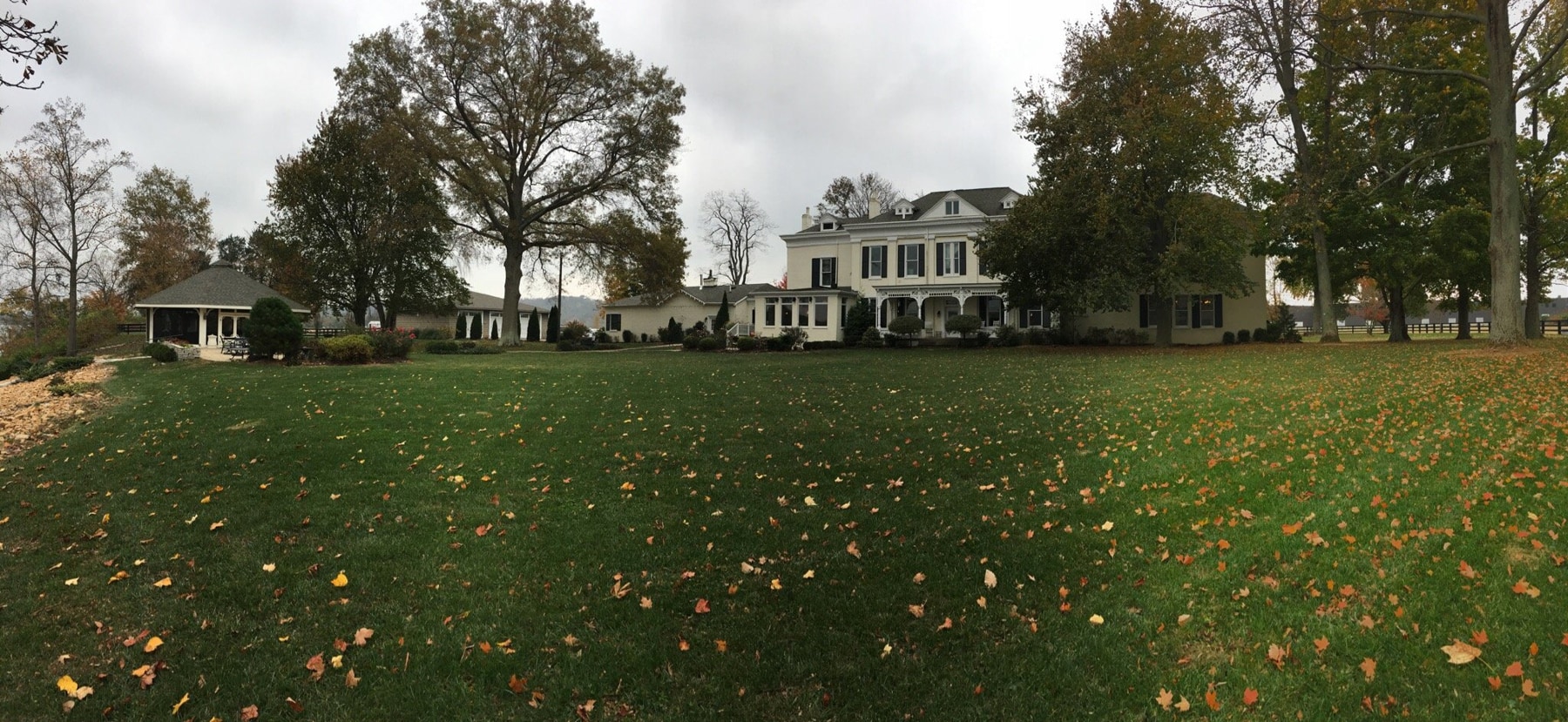


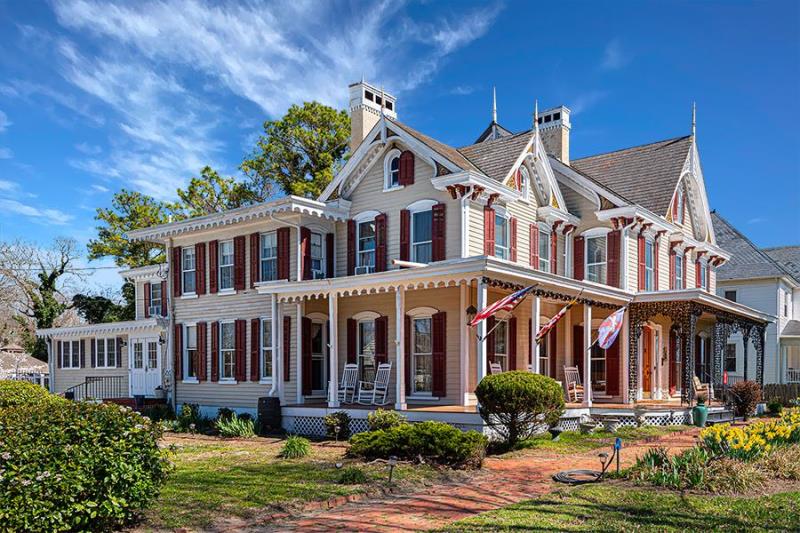
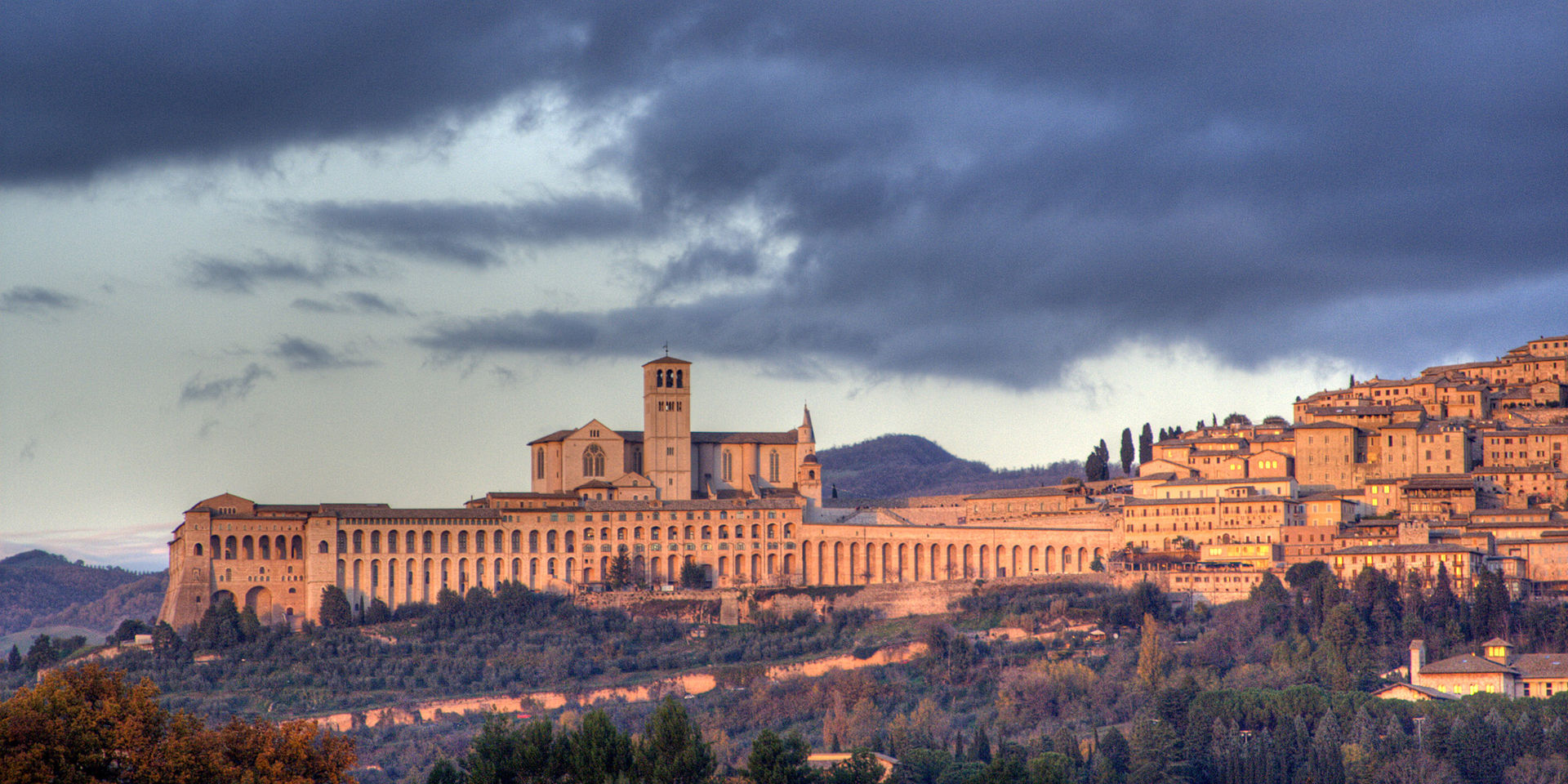
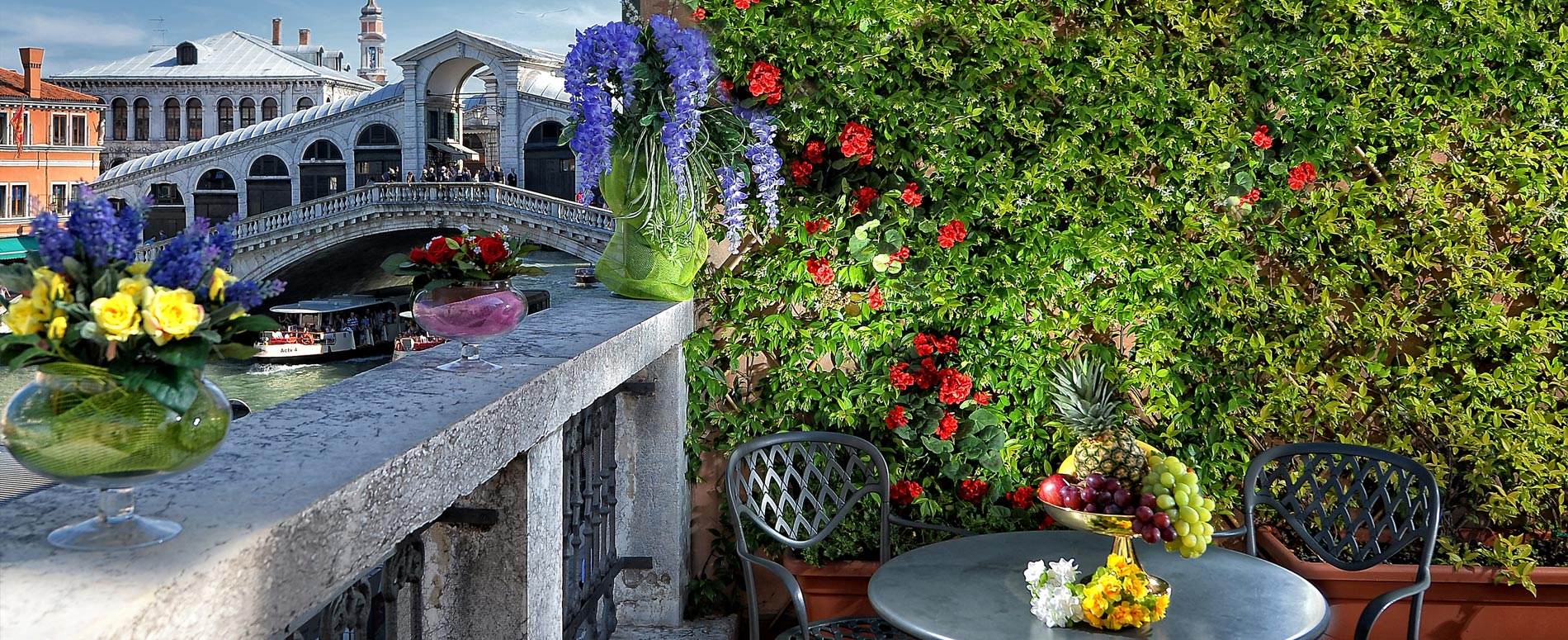
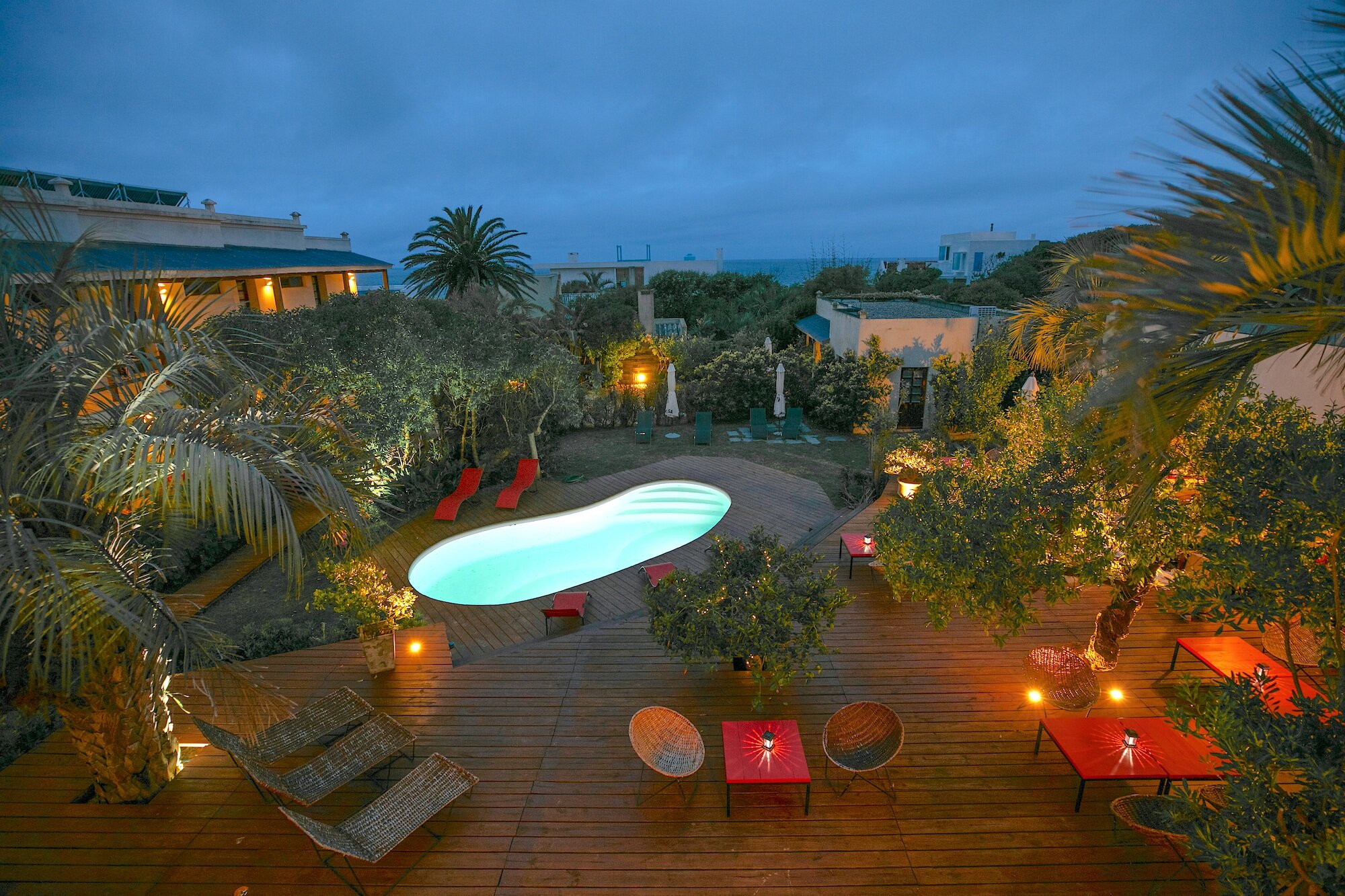
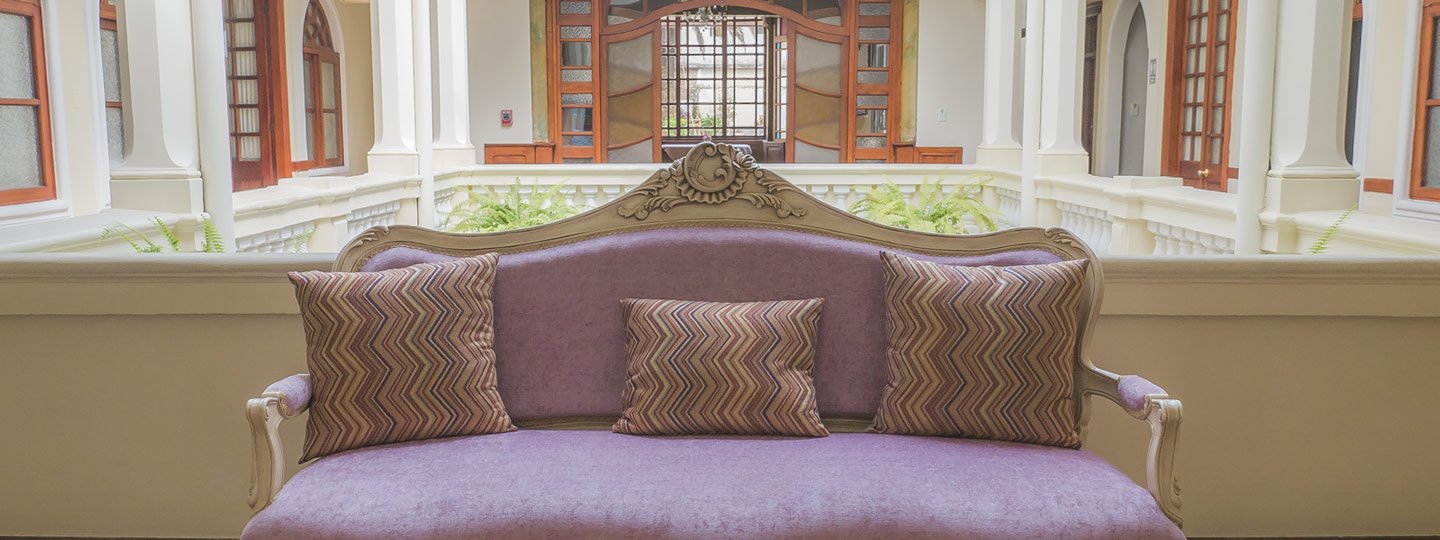
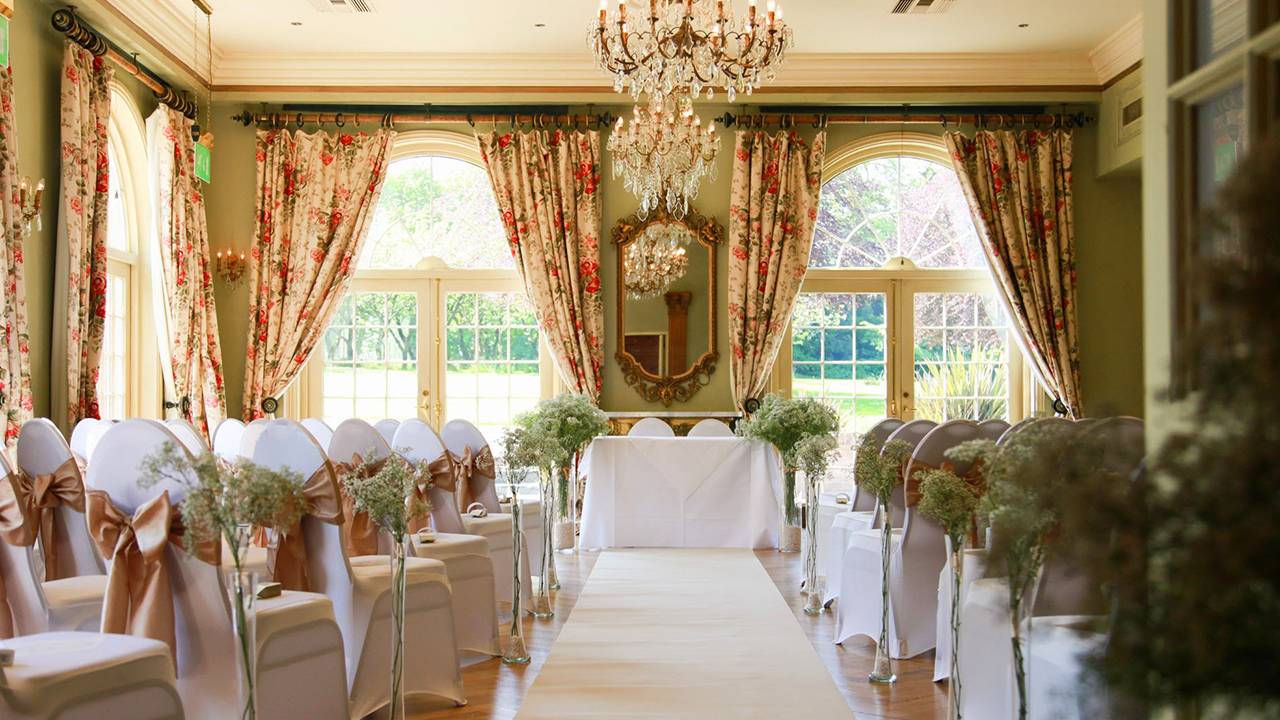
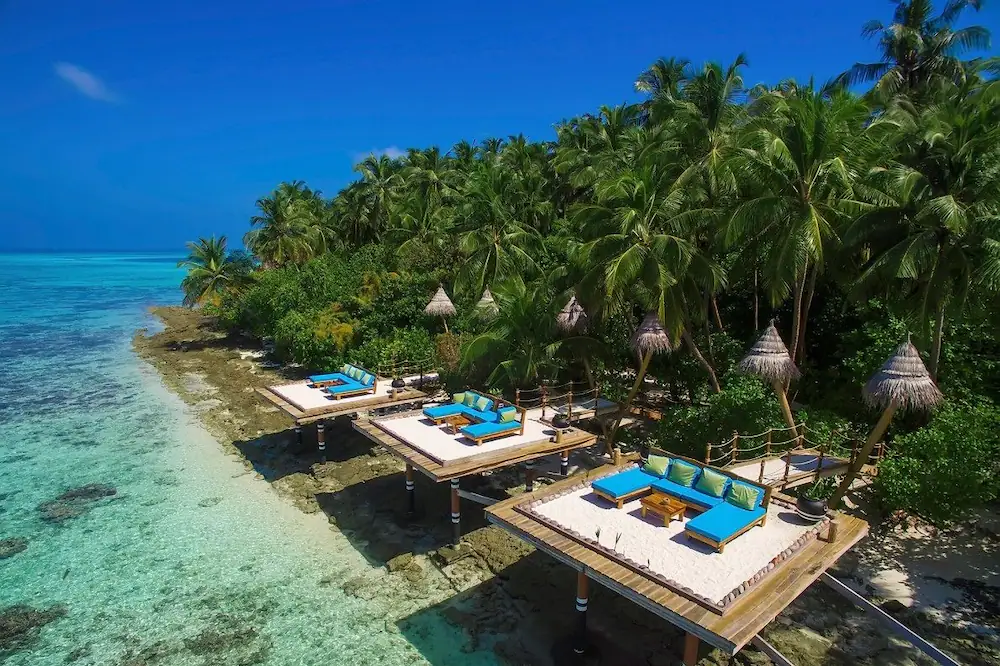
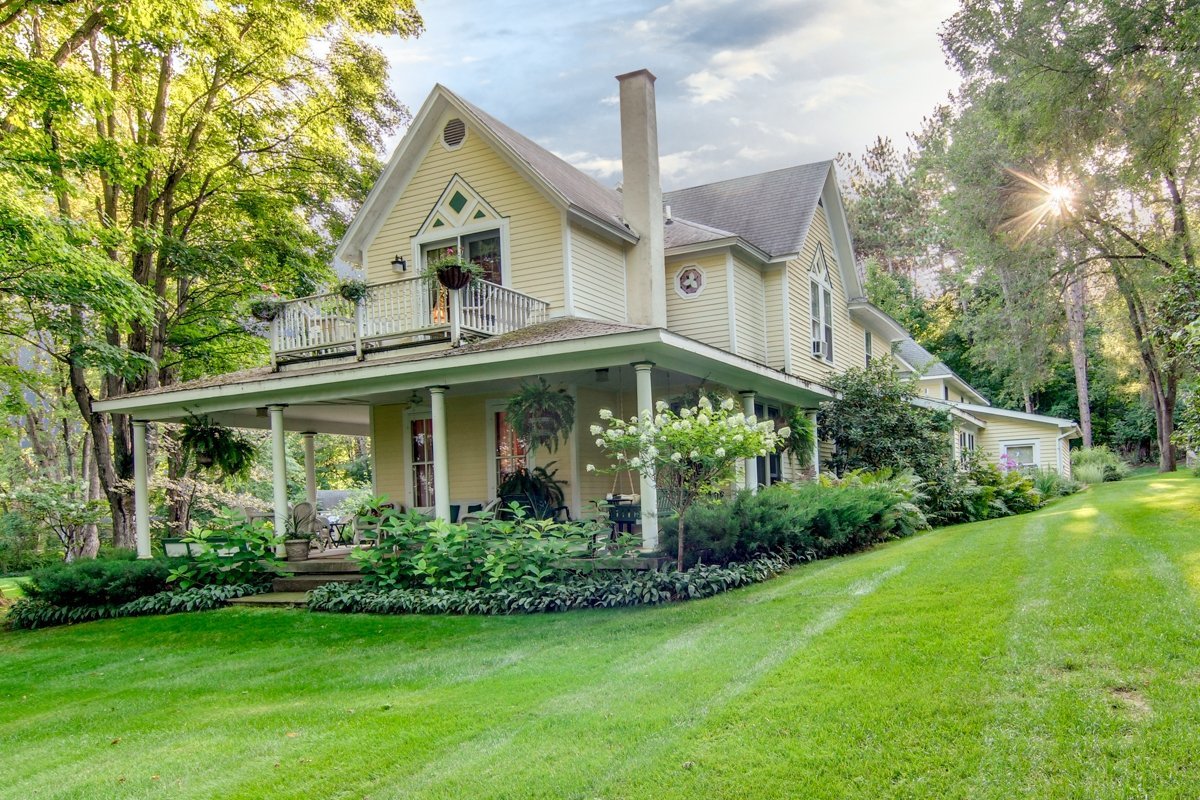
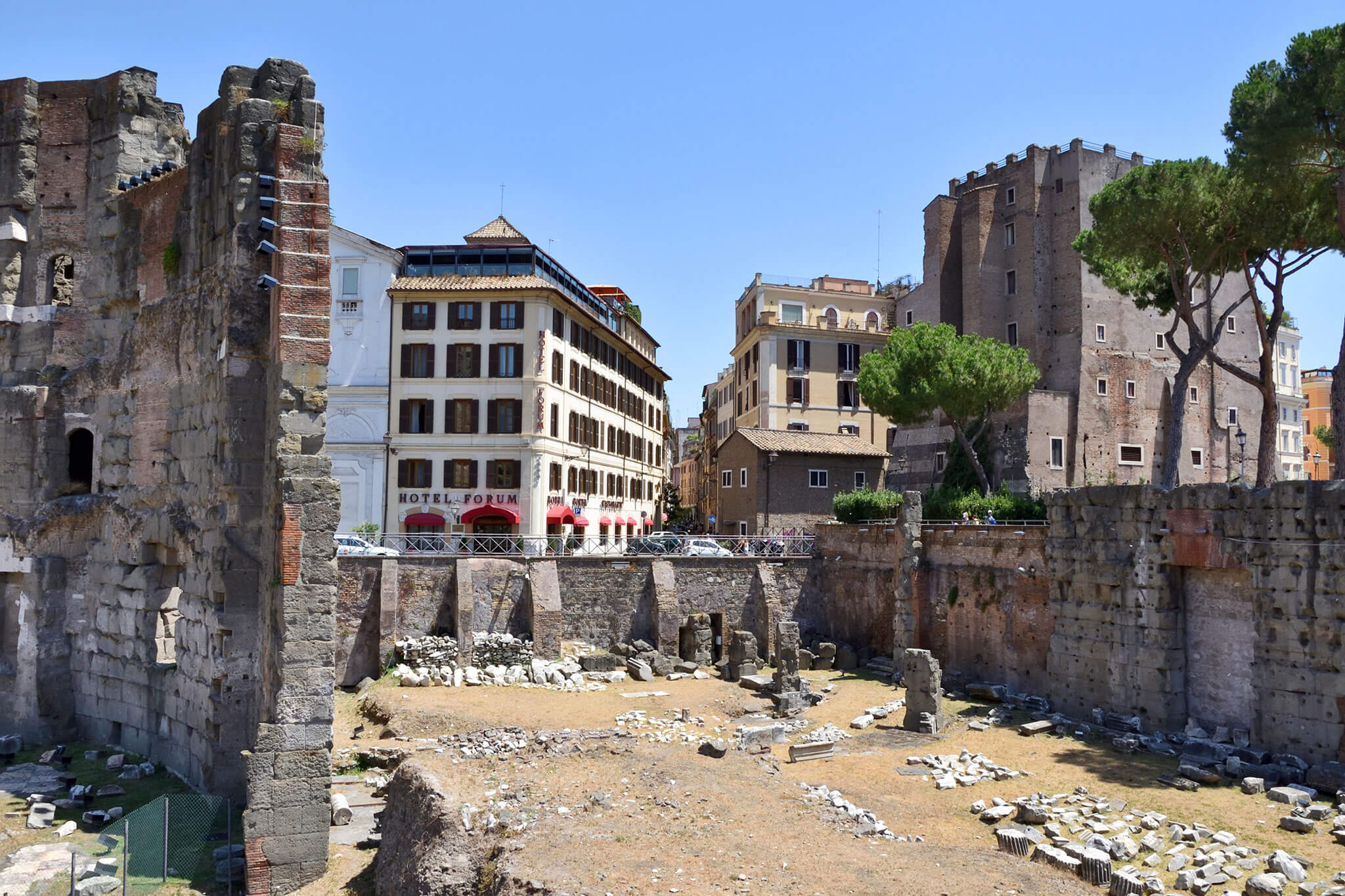

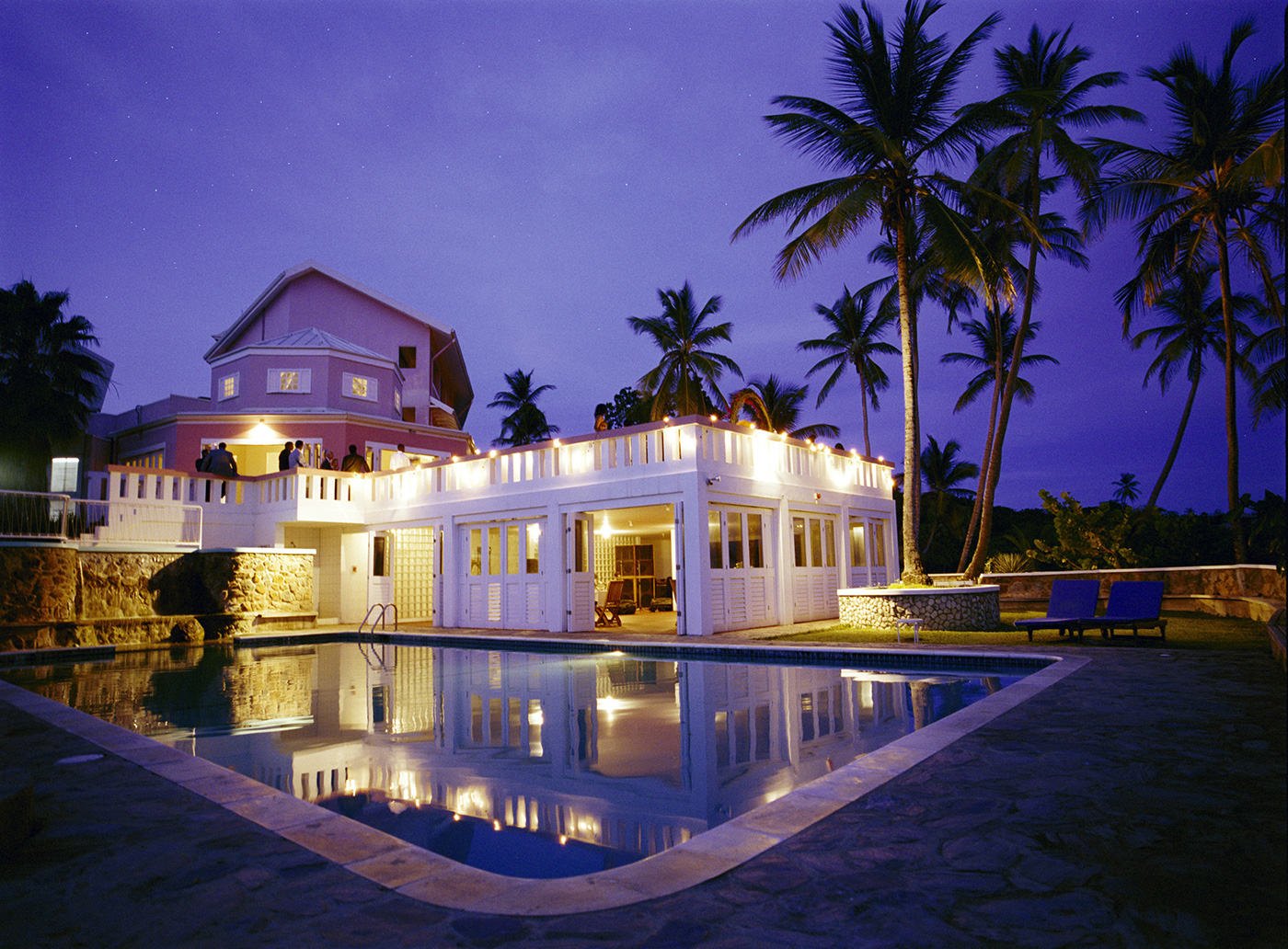
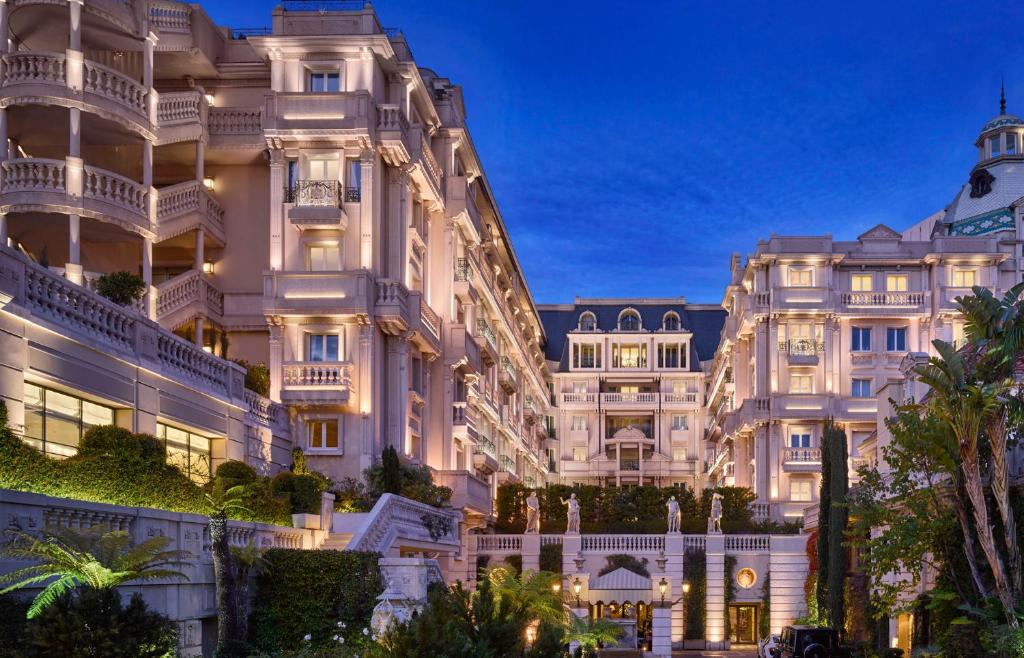
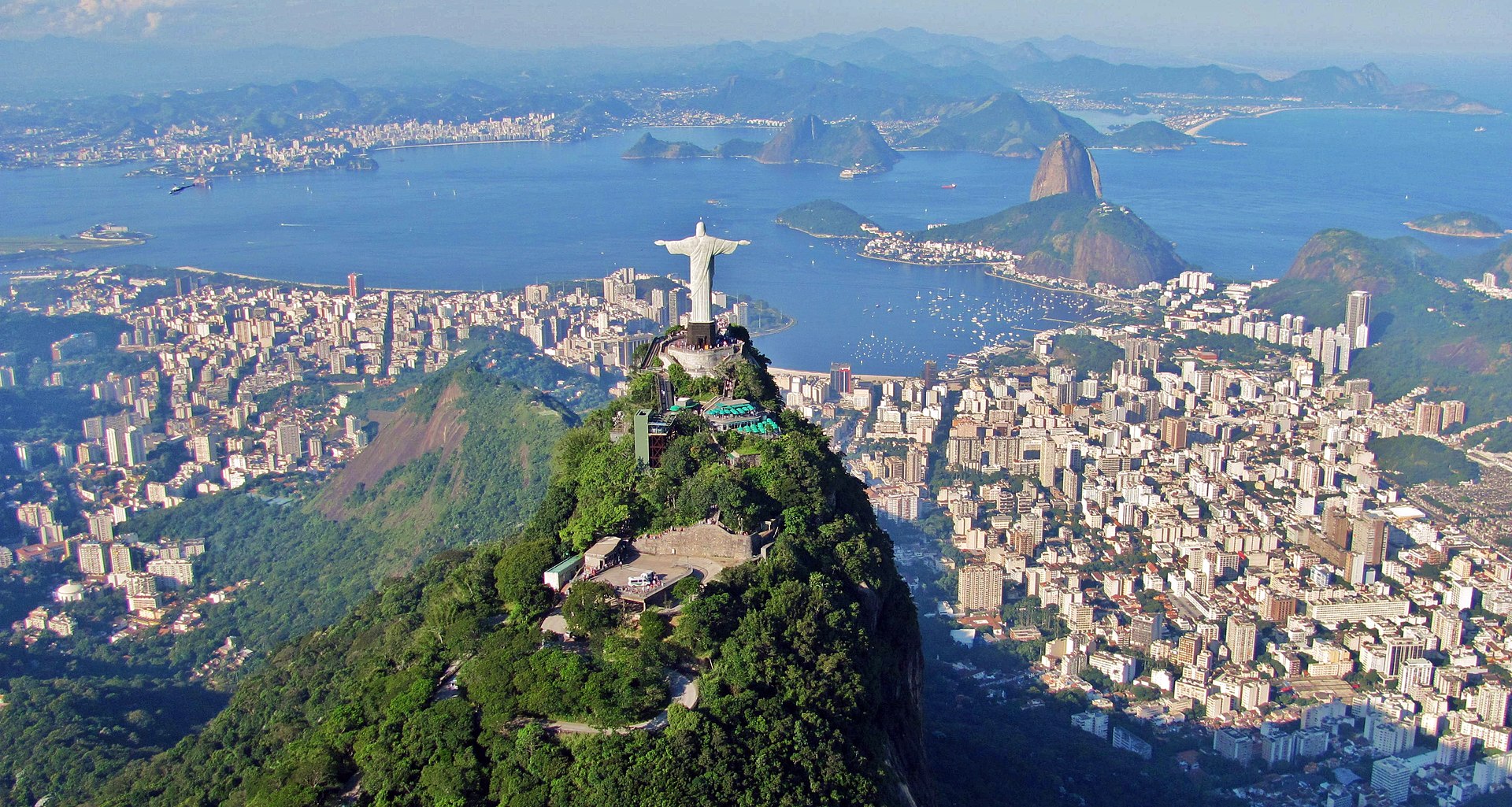
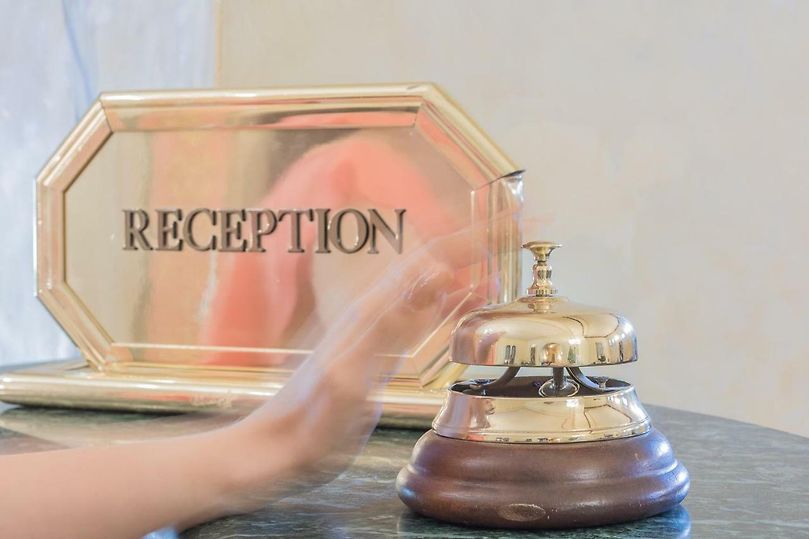
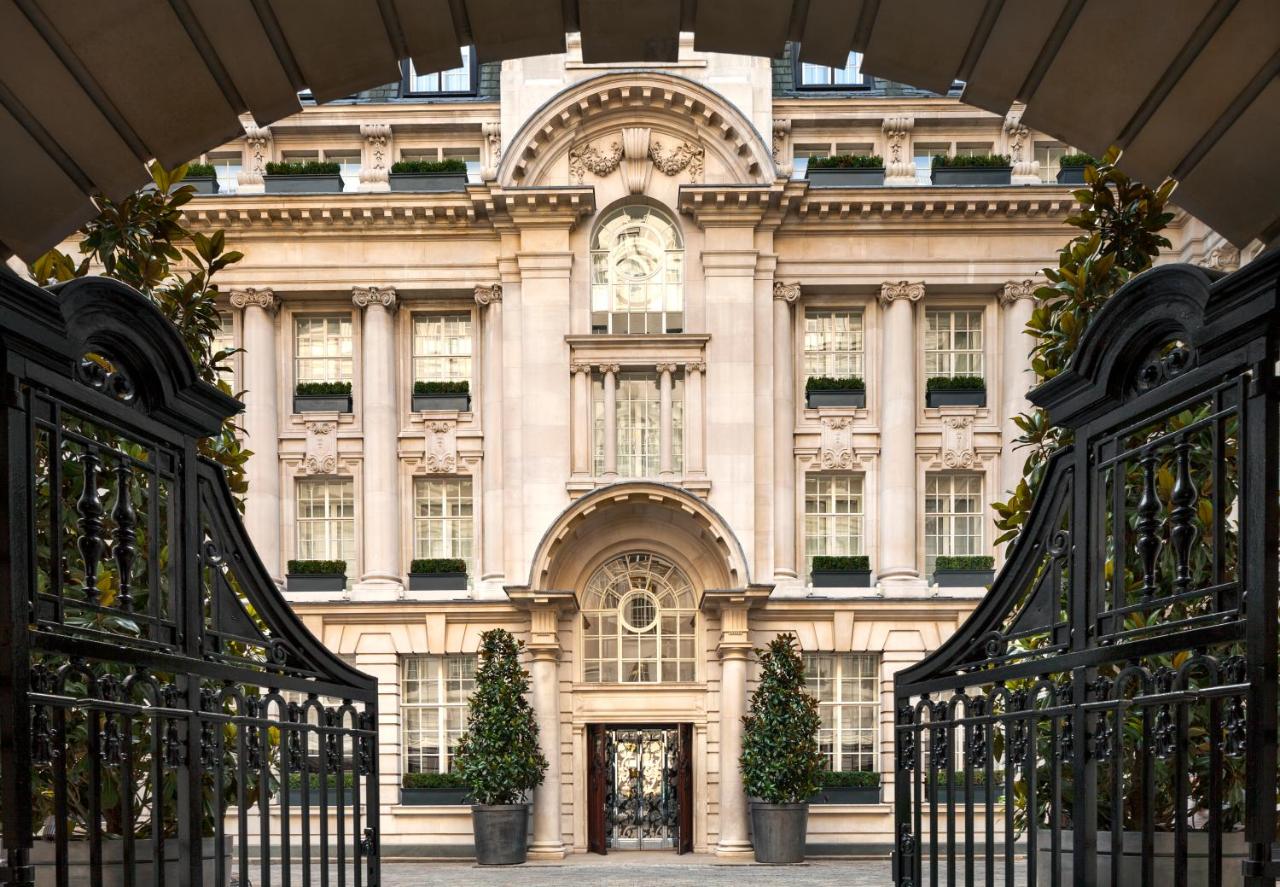
Badenweiler, Baden-Württemberg , Germany
Agent: Cliff Jacobs - Managing Principal Estate Agent & CEO (Nat.Dpl.Hotel Man (UJ). M.P.R.E.)
Agent Cellphone: +27 (0) 84 413 1071 / +27 (0) 61 716 6951
Agent Office Number: +27 (0) 84 413 1071
Agent Email Address: cliff@exquisitehotelconsultants.com
Type: Hotel
Bedrooms: 72
Bathrooms: 72
Showers: 72
Parking: 100
Yield: Not Disclosed
History of the Hotel
On the 25th of August 1823, the Grand Ducal Ministry of Karlsruhe granted the "Rosenwirth Schnell of Bruchsal”, who was also a short-term tenant of the guest house “city of Karlsruhe” in Badenweiler, the approval for the construction of the Hotel on the "little castle mat". The plans for the four-leaf plant with a square courtyard and single-story entrance wing, was provided by the Freiburg district architect Christoph Arnold.
On the 11th of October 1823, Ludwig Joner was born. Joner later became the owner of the hotel Römerbad. He was the son of Johann Jacob Joner and of his third wife Anna Leiniger.
In 1824, the Hotel became the property of John Jacob Joner, whose family had immigrated to Germany from Switzerland in the 17th Century. The hotel remains in family ownership until the late 20th Century. A year later, in 1825, the first guests are received.
Already in 1846 the building was too small and had to be extended. The single-story entrance wing was increased, allowing more space.
Bertha Herbster is born on 31st of March 1847 as the daughter of Emil and Verena Herbster, born Arzet.
From 1853-1868 Louis Joner was mayor of Badenweiler.
In 1863, the building permit was issued for a new single-story bathhouse on the side of the valley.
In 1874, Louis Joner and his wife Bertha, born Herbster, took over the management of the hotel. They married on the 12th of February in the same year. The couple had three children: Bertha, born on the 28th of December 1874. Her sister, Alice, was born on the 27th of May 1876, and her brother, Ernst Ludwig (also called Louis), on the 31st of January 1880. Ernst Ludwig later took over the management of the hotel.
In winter 1880/81 the hotel was refurbished and redesigned by the renowned Swiss hotel architect Horace Edouard mayor Davinet. The courtyard was roofed and turned into an eight-sided room. As well as that, the outside of the Hotel received its present shape with its three floors and a mansard roof.
However, Louis Joner never saw the results of this refurbishment after the hotel re-opened. He died on the 24th of May 1881. Consequently, his wife Bertha Joner took over the management of the hotel for the following years and re-opened the hotel on the 15th of June 1881.
Between 1903 and 1906, the southwest wing of the central unit was added. It was designed by the Basle architects William and Alfred Bernoulli Romang.
Louis-Ferdinand Theodor Paul Bismarck Fellmann was born on the 3rd of June 1915 in Berlin-Wilmersdorf. His future wife, Elizabeth Bertha Joner, was born on the2nd of August of the same year.
To mark the centenary of the hotel Römerbad, Bertha Joner received the honorary citizen award of the town Badenweiler on the 1st of July 1924. After her death on 9th of August 1930, her son Louis Joner took over the hotel management.
On5th of December 1941, Klaus Lauer is born as the son of Elizabeth Joner and her husband Heinrich Lauer.
In 1947-1952, Louis Johner received many honorary positions in the church. He also held his post at the South Baden Tourist Board Association. The association grew and ended up having 278 members. Louis Joner was also appointed to the federal board and the advisory board of German National Tourism. Under his leadership, the hotel was also purveyor of His Royal Highness the Grand Duke of Baden.
On the 30th of January 1955 Louis Joner received the honorary citizen award of Badenweiler.
Louis Johner died on the 14th of April 1956 in Freiburg. With his daughter Elisabeth Joner and Louis-Ferdinand Fellmann, the management of the hotel was in the hands of the fourth generation of the family.
To allow guests to bathe during the entire year, the indoor thermal bath was built in the main building in 1971.
A special music forum was built in 1973, with the first Music Festival led by Klaus Lauer taking place in the same year and annually from then on.
In 1983, the Hotel became a member of the Hotel Association "Leading Hotels of the World" and was open throughout the entire year from then on.
In 1987, an extensive renovation took place where the rooms were redesigned.
Elizabeth Fellmann died on the 17th of May 2001 in Staufen. Her husband, Louis-Ferdinand Fellmann, died a year earlier on the 14th of September. As a result, Klaus Lauer officially took over the leadership of the Hotel.
In 2005, after being in family ownership for 180 years, the ownership is passed on to the family of Karl-Heinz Berkner. This change of ownership led to a room renovation.
In the year 2006, the Roman cellar is opened. In addition, the hall area, restaurant and corridors were redesigned.
With the renovation of the bar in 2007, the Hotel received another modern touch.
Since summer 2008 an outside pool on the hotel grounds allows guests to swim in thermal water outside of the hotel.
On the 1st of August 2009, the traditional 5-star Grand Hotel was bought by the von der Heyden Group. The Spanish company IBB Hotels took over the operational management.
On the 1st of January 2011, Mr. Vladimir Saal and Mrs. Sandra Kunert took over as hotel manager and director. Since then, repositioning and new marketing strategies are introduced to the historic first-class hotel.
On the 1st of October 2013, the Panacée Betriebsgesellschaft mbH took over management. From that time, General Manager is Mrs. Siriya Thepcharoen. Sandra Kunert still holds the position of hotel manager, Mr. Vladimir Saal becomes procurator. At the end of 2013 the reconstruction of the extension of the building to a Medical Center begins.
At the beginning of 2014 further renovations have started. Up to this day, 36 rooms have been renovated.
Badenweiler
Badenweiler is a health resort and spa in the Breisgau-Hochschwarzwald district of Baden-Württemberg, Germany, historically in the Markgräflerland. It is 28 kilometers by road and rail from Basel, 10 kilometers from the French border, and 20 kilometers from Mulhouse. The nearest big city on the German side of the border is Freiburg, about 30 kilometers away. Badenweiler lies at the western edge of the Black Forest. It is sheltered by the Blauen, 1,164 m (3,820 ft), and the climate is excellent.[clarification needed] Its parish (Evangelical) church (1897) was built at the foot of an 11th-century castle that belonged to the margraves of Baden and was destroyed by the French during the wars of Louis XV.
Many visitors come to Badenweiler for the warm mineral springs, with temperatures of 21 °C (70 °F), others for its whey cure, and still others on account of its equable climate and picturesque surroundings. There is a Kurhaus and a park of 15 acres (61,000 m²) containing a historic arboretum (the Staatliche Baderverwaltung Badenweiler), as well as a grand-ducal castle. In 1784, the well-preserved Roman baths were discovered there.
Main Roman temple and St. Paul's church
The site where the present Protestant St. Paul's church is standing is a historic site that was a religious place of worship already in Roman times. The Romans built here in the year AD 145 a large podium temple of which very little remains. The temple stood on a "pile structure". The temple builders drove sharpened oak piles into the loamy soil to secure the ground for this heavy building. The temple was Gallo-Roman with a classic-Italic main front placed on a monumental podium. On the ruins of the Roman temple a Christian church was built in the twelfth century. The church was in a bad state when it was demolished in 1892 and rebuilt as a Neo-Romanesque building between 1893 and 1898. In the course of the digging Roman walls and wall fragments of preceding church buildings were discovered and included in the construction of the new church. In the previous church's tower, six 14th-century frescoes were discovered which are now in the choir of the present church. They show a so-called Dance of the Dead where living and dead meet. Three skeletons are bearing the inscription: "We were what you are, what we are you shall be." This is addressed to three living (a child, a middle-aged man and an old man) whose garments are corresponding to the fashion of the rich in the 14th century.
Personalities
The Russian writer Anton Chekhov died there on 15 July (o.s. 2 July) 1904. From Badenweiler, Chekhov wrote outwardly jovial letters to his sister Masha describing the food and surroundings. Badenweiler became one of Chekhov's hometown Taganrog's sister cities in 2002.
The American poet, novelist, and journalist Stephen Crane died there on 15 June 1900 of tuberculosis.
Ephraim Moses Lilien (1874–1925) was an art nouveau illustrator and print-maker particularly noted for his art on Jewish and Zionist themes. He is sometimes called the "first Zionist artist."
The musicologist Wolfgang Alexander Thomas-San-Galli was born in Badenweiler in 1875.
The wife of the first prime minister of India Jawaharlal Nehru, Kamla Nehru was treated here for tuberculosis. Jawaharlal Nehru spent many days by his wife's side in Badenweiler to attend to her.
Baden-Württemberg
Baden-Württemberg, commonly shortened to BW or BaWü, is a German state (Bundesland) in Southwest Germany, east of the Rhine, which forms the southern part of Germany's western border with France. With more than 11.07 million inhabitants as of 2019 across a total area of nearly 35,752 km2 (13,804 sq mi), it is the third-largest German state by both area (behind Bavaria and Lower Saxony) and population (behind North Rhine-Westphalia and Bavaria). As a federated state, Baden-Württemberg is a partly-sovereign parliamentary republic. The largest city in Baden-Württemberg is the state capital of Stuttgart, followed by Mannheim and Karlsruhe. Other major cities are Freiburg im Breisgau, Heidelberg, Heilbronn, Pforzheim, Reutlingen, Tübingen, and Ulm.
What is now Baden-Württemberg was formerly the historical territories of Baden, Prussian Hohenzollern, and Württemberg. Baden-Württemberg became a state of West Germany in April 1952 by the merger of Württemberg-Baden, South Baden, and Württemberg-Hohenzollern. These states had just been artificially created by the Allies after World War II out of the existing traditional states Baden and Württemberg by their separation over different occupation zones.
Baden-Württemberg is especially known for its strong economy with various industries like car manufacturing, electrical engineering, mechanical engineering, the service sector, and more. It has the third-highest gross regional product (GRP) in Germany. Part of the Four Motors for Europe, some of the largest German companies are headquartered in Baden-Württemberg, including Daimler, Porsche, Bosch and SAP.
The sobriquet Ländle (a diminutive of the word "Land" in the local Swabian, Alemannic and Franconian dialects) is sometimes used as a synonym for Baden-Württemberg.
About us
Forget the everyday life. Discover in the sunniest south of Germany a world, where since 190 years culture, quality and pleasure are maintained carefully.
Let the charming atmosphere of our traditional Grandhotel catch you. Breathe the air of a splendid past, while you enjoy all comfort of our historical house. A special highlight: in our indoor swimming pool and outdoor swimming pool flows vitalizing thermal water.
Discover exceptional packages and the regular event highlights, which are leaving no wishes unfulfilled and let all your dreams come true.
Location
Thanks to its location on top of a hill near Schlossplatz it enjoys a wonderful view of the old town of Badenweiler. There is a bus station about 200 m from the hotel and the closest train station is roughly 13 km away. EuroAirport Basel-Mulhouse-Freiburg is approximately 35 km from the hotel.
The hotel, which was built in 1825, is one of the greatest hotels in Baden as well as a historic building of great significance. This historical hotel with an ornamented facade holds 72 rooms and suites. Guests are welcomed into a lobby with 24-hour reception and check-out service.
Facilities at the hotel include a hotel safe, currency exchange facilities, cloakroom and lift access.
There is a children's playground on the premises.
The restaurant as well as Caesar bar serve delightful meals.
Eight conference/banquet halls, fitted with modern equipment are most suitable for conferences, business meetings and seminars, as well as family reunions.
WLAN Internet access is available (fees apply) and guests can take advantage of the hotel's room and laundry services.
Guests arriving by car may park their vehicles in the hotel's car park or garage (fees apply).
Accommodation
All of the hotel's guest rooms have an en suite bathroom with a shower, bath and hairdryer. Every room is fitted with a double bed and furnished style with in-room amenities including a direct dial telephone, satellite/cable TV, radio and WLAN Internet access. There is also a safe provided.
Some rooms have their own balcony or terrace.
Facilities
Multilingual staff on hand 24 hours a day, English-speaking staff available during the day and at night, Hotel, Business hotel, Trade fair/conference hotel, Holiday hotel, Health and beauty hotel, Certified Spa Hotel, Spa hotel, child-friendly hotel, Family hotel, Cycling/biker hotel, Hiking hotel.
Wellness centre
We invite you to recharge your batteries, enjoy with all your senses and simply float away from everyday life. Soothing massages, physiotherapy and pain therapy or simply relaxation in our thermal water-filled pools - there is something for everyone.













































Cliff Jacobs (Nat Dpl Hotel Man (UJ). MPRE. GA Level 5 TEFL) Managing Principal / CEO Exquisite Hotel Consultants (Pty) Ltd Mobile: +27 (0) 84 413 1071 / +27 (0) 61 716 6951 Email: cliff@exquisitehotelconsultants.com Web: https://www.exquisitehotelconsultants.com © All rights reserved Terms and Conditions apply Scroll down to view our Hospitality Properties and Businesses for sale or lease or lease-to-buy or partnership arrangement or management agreement arrangement.